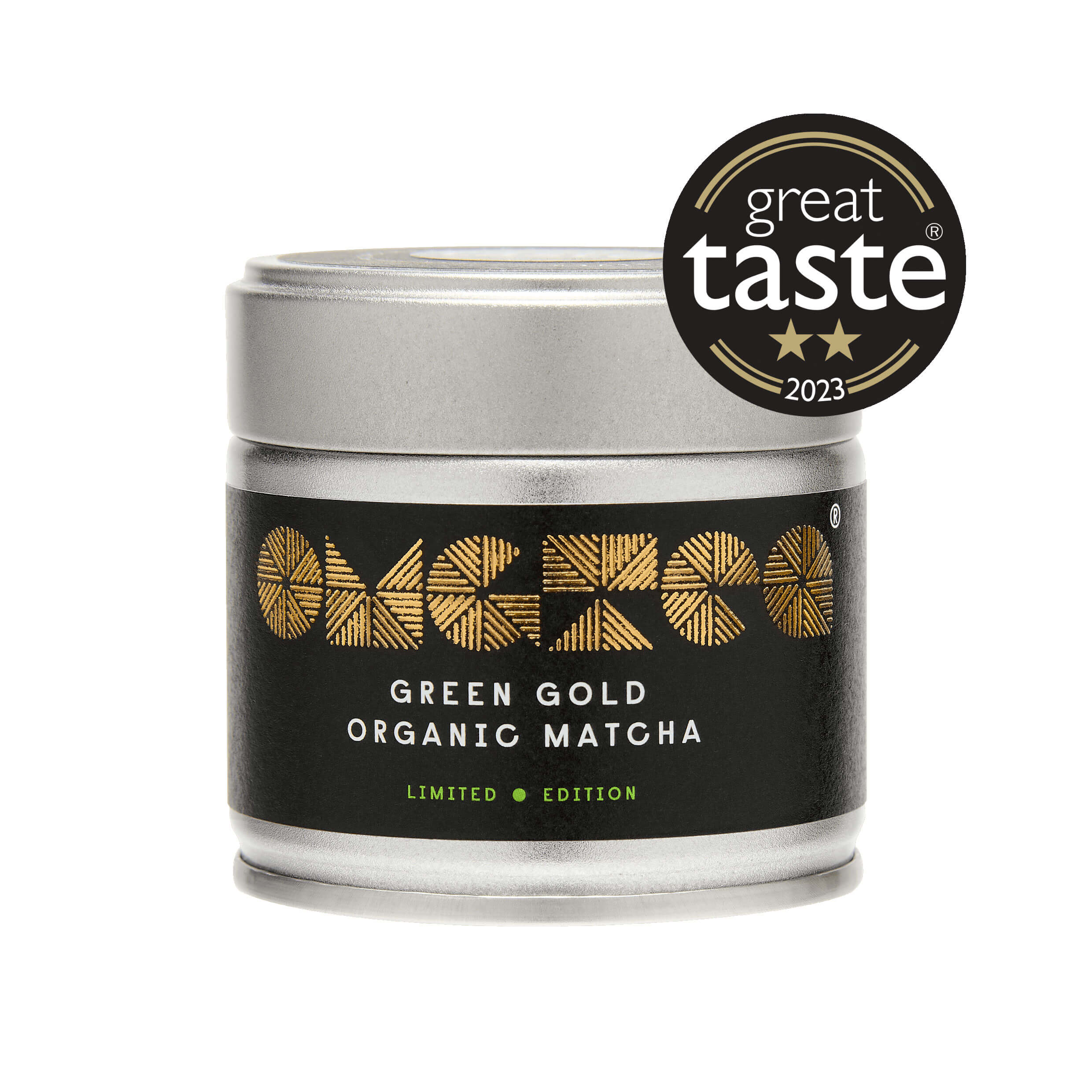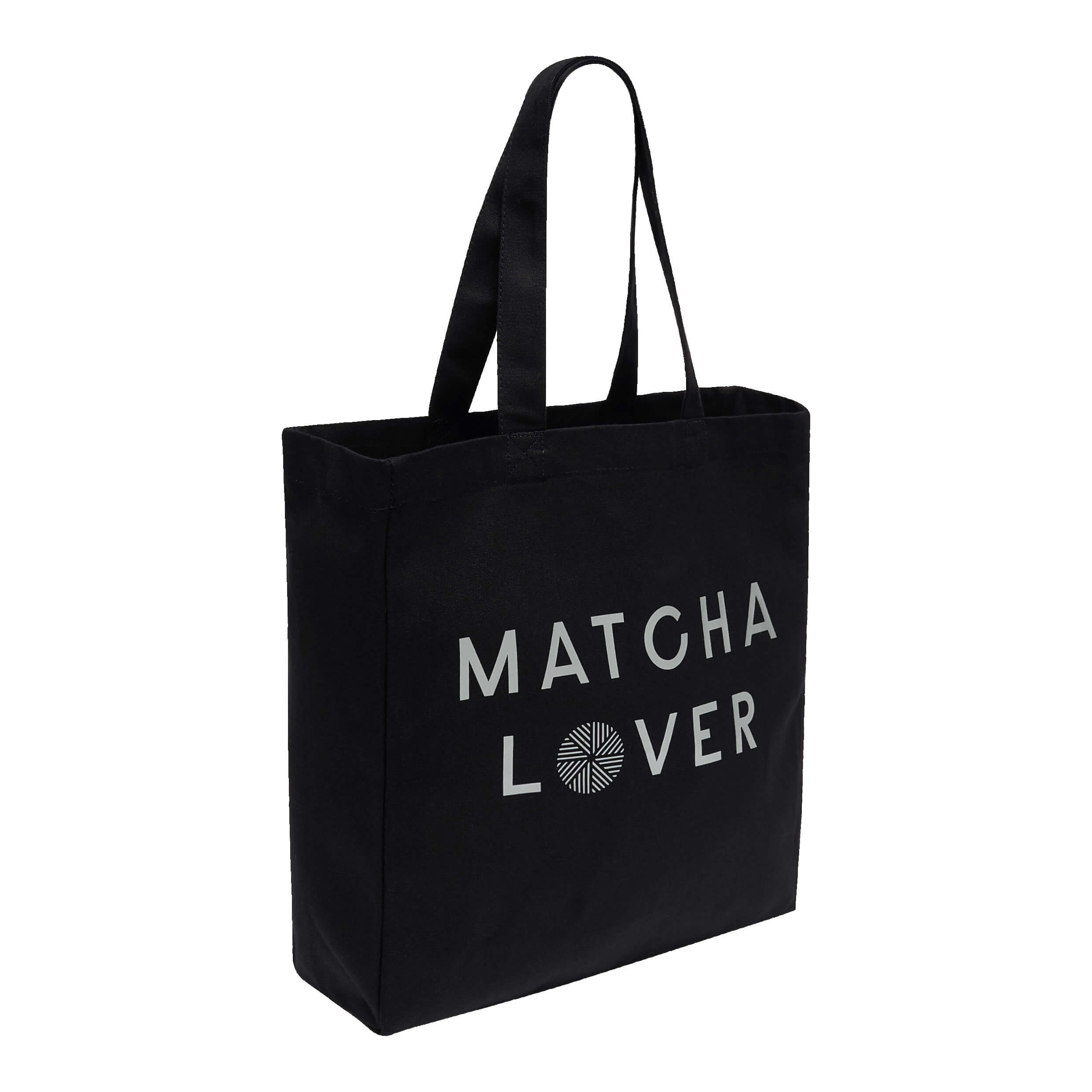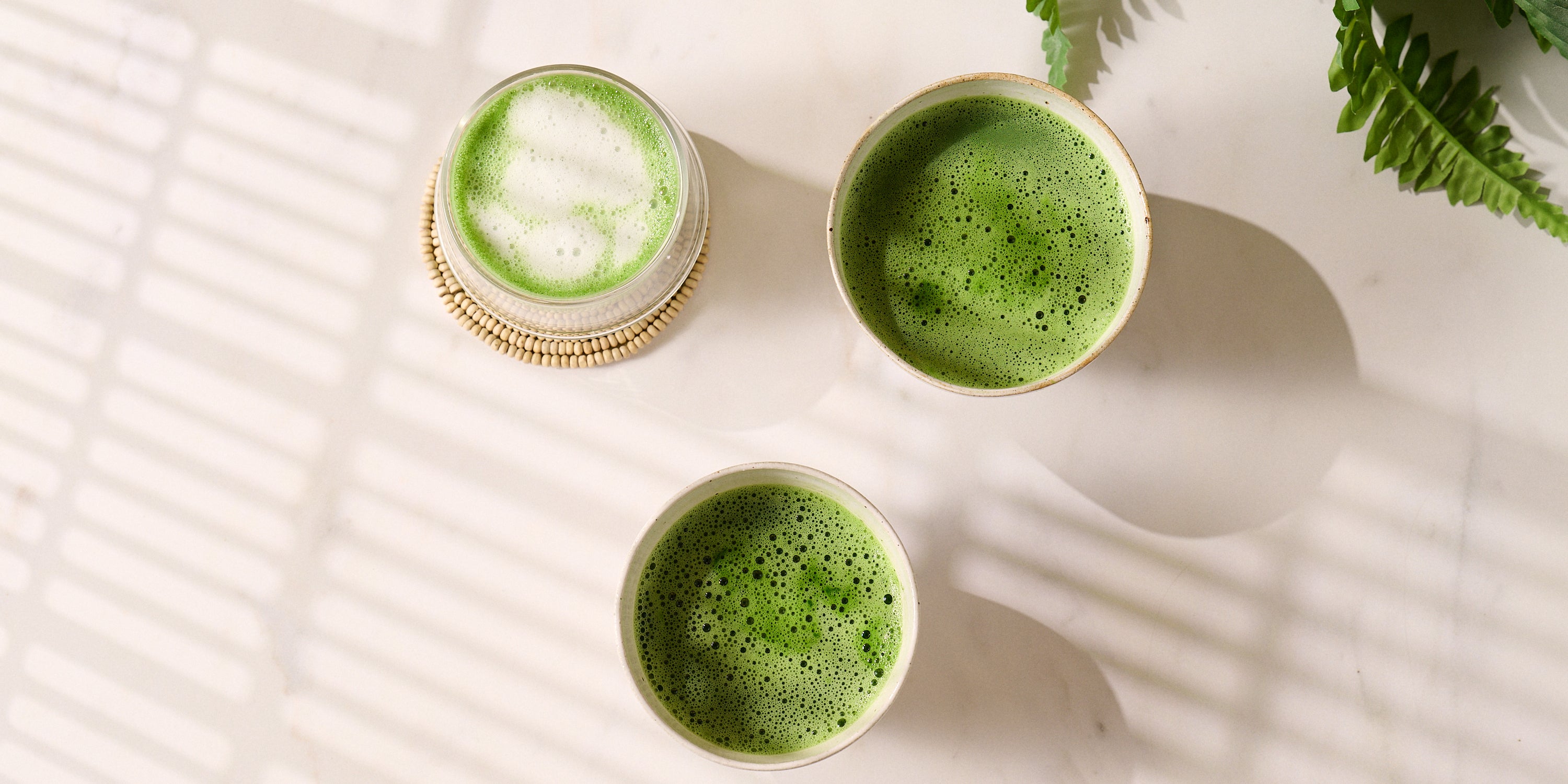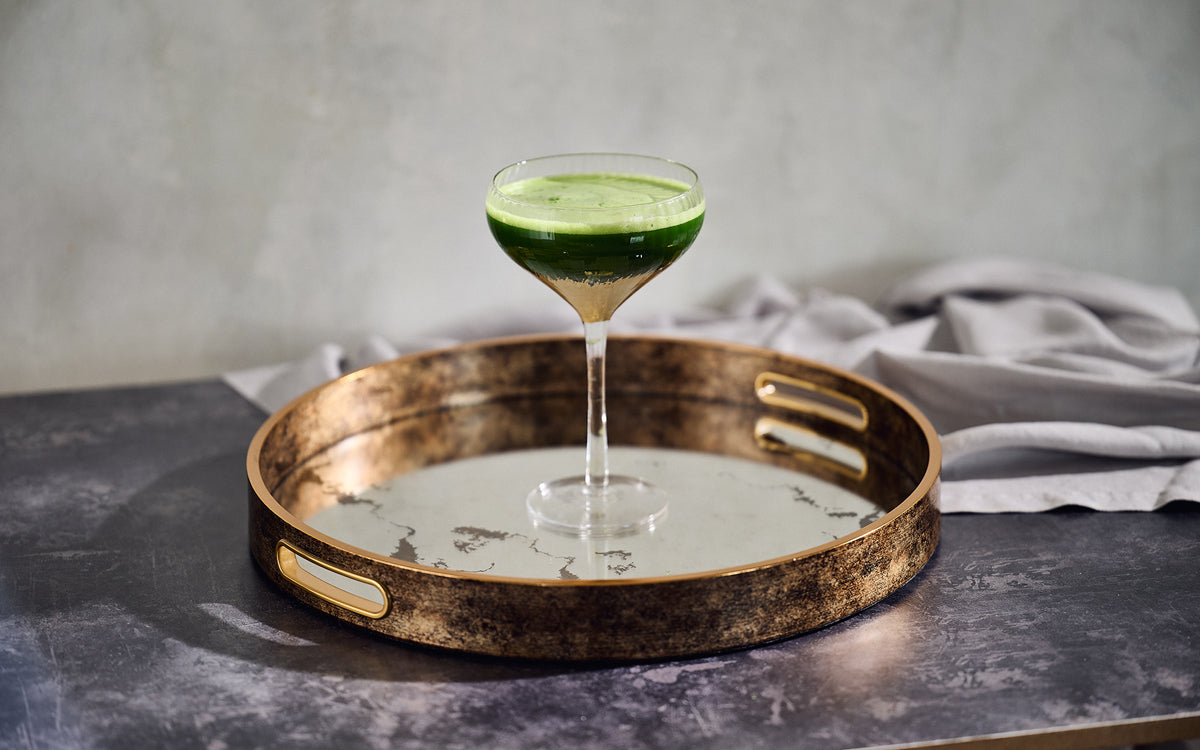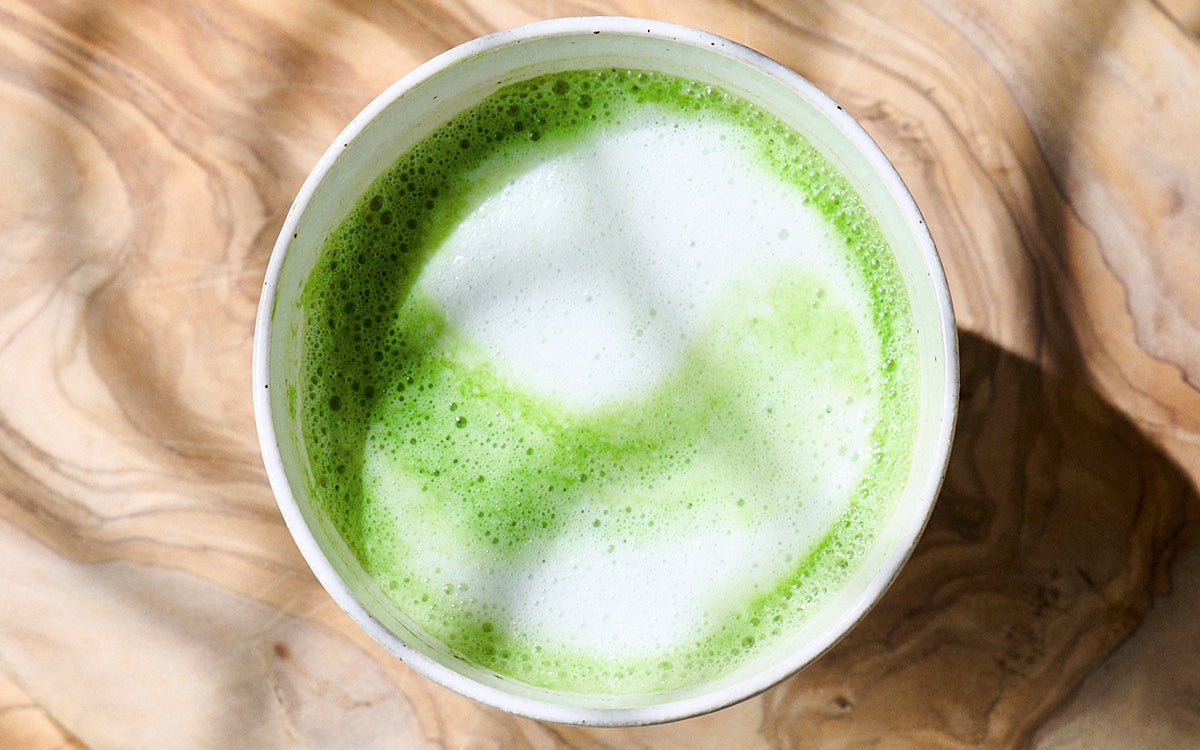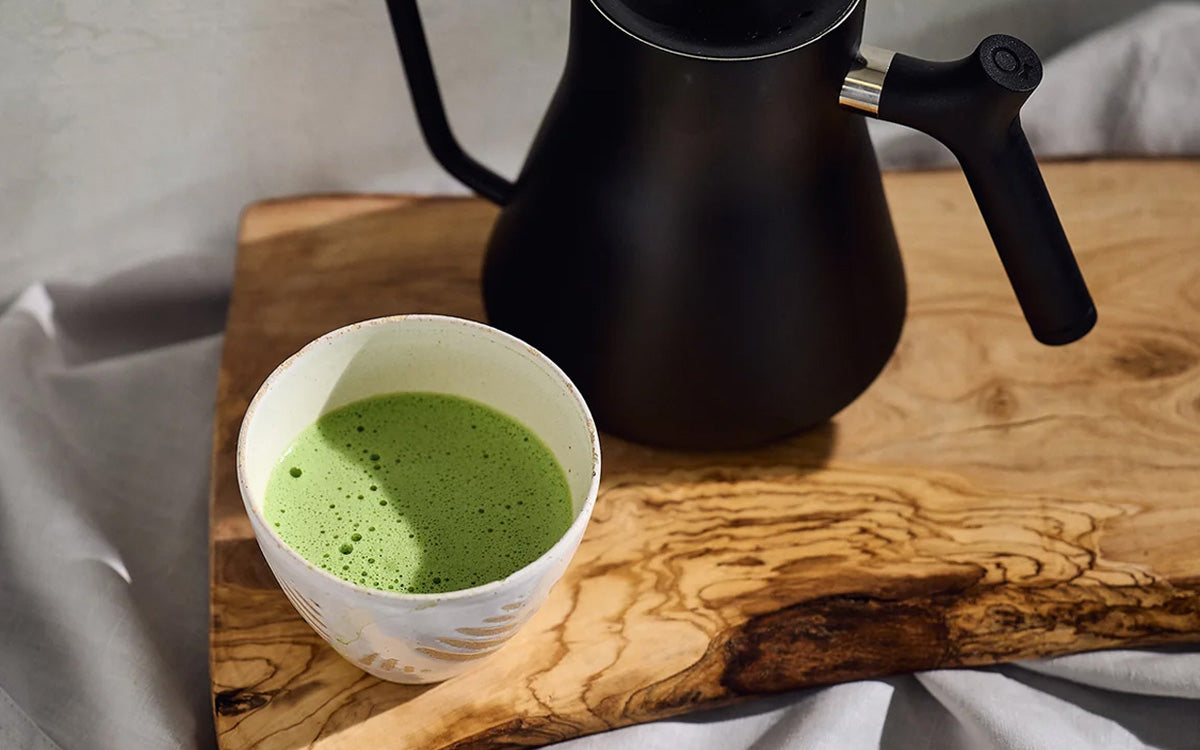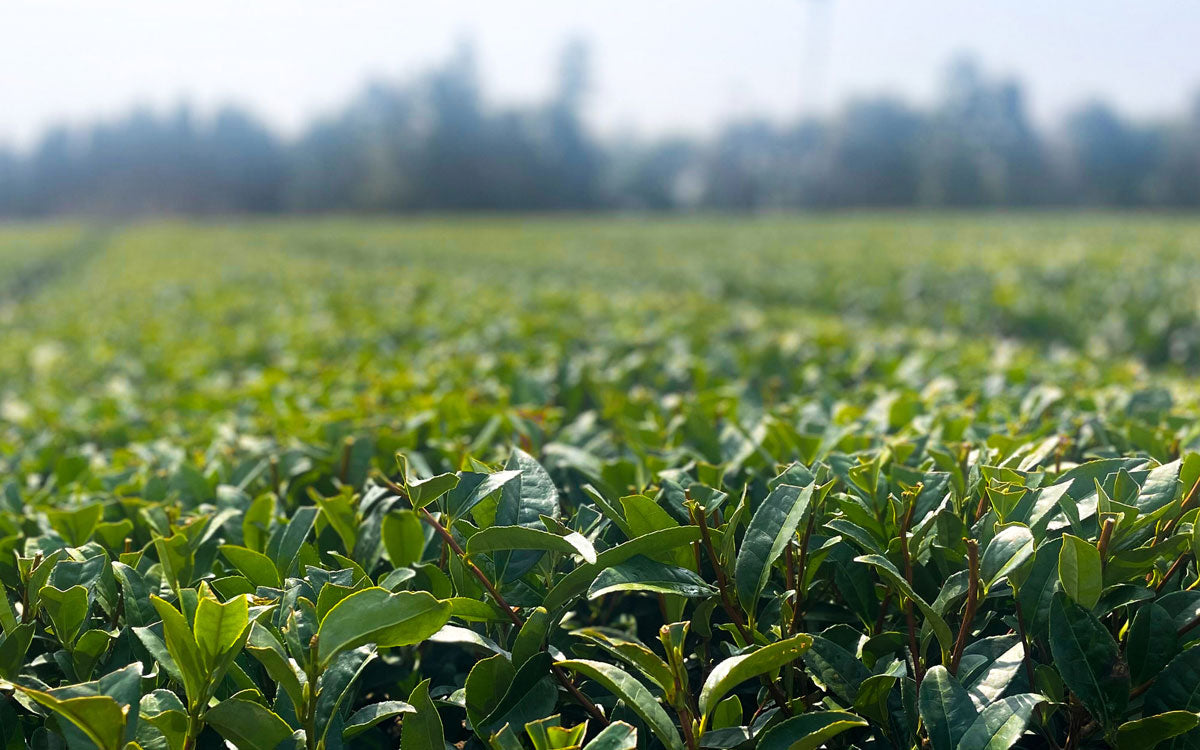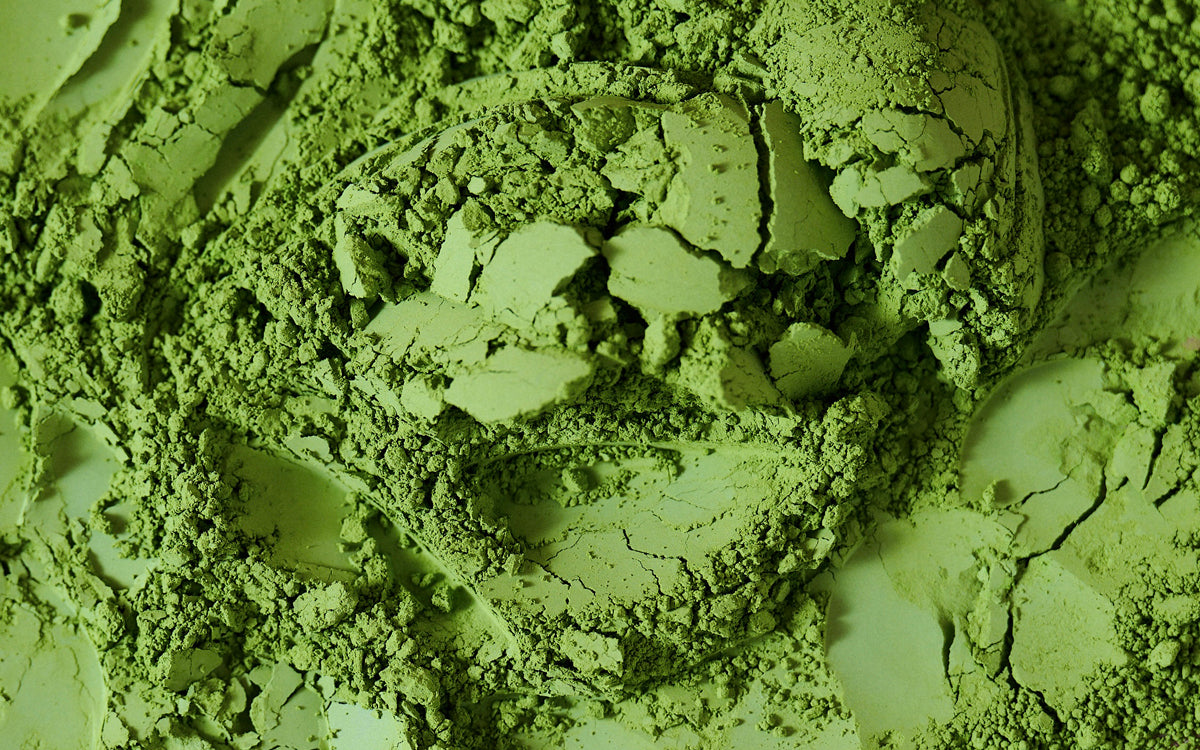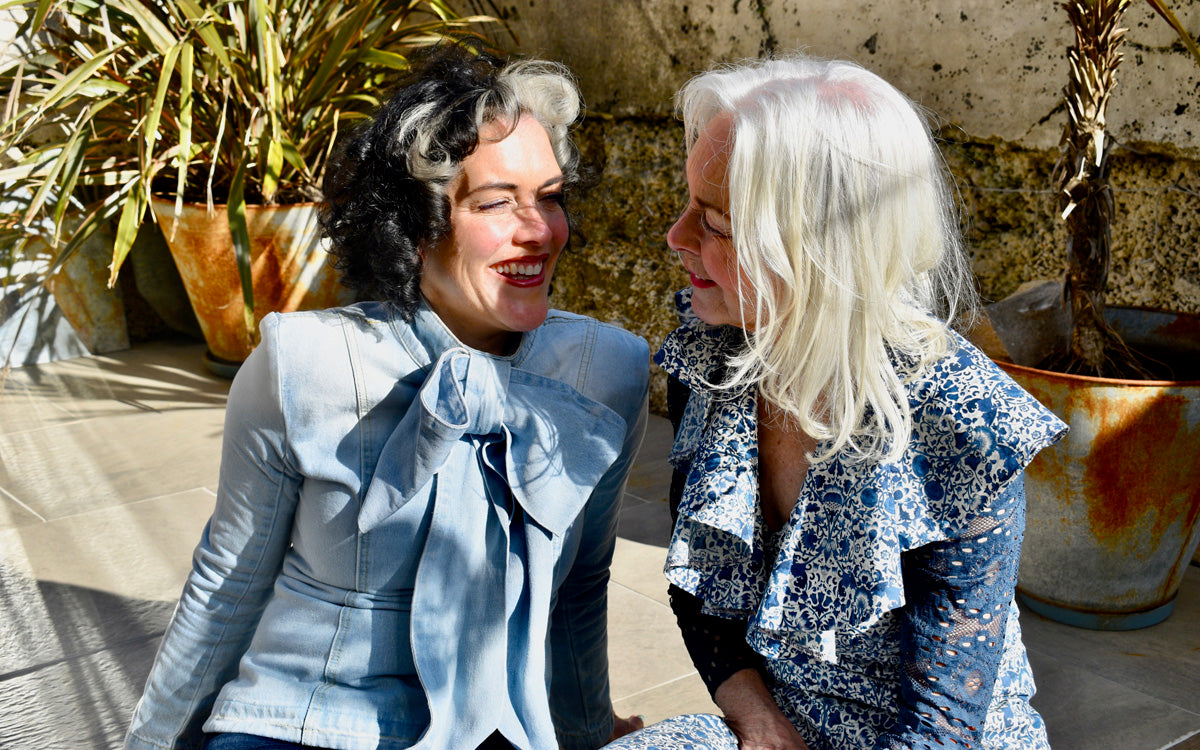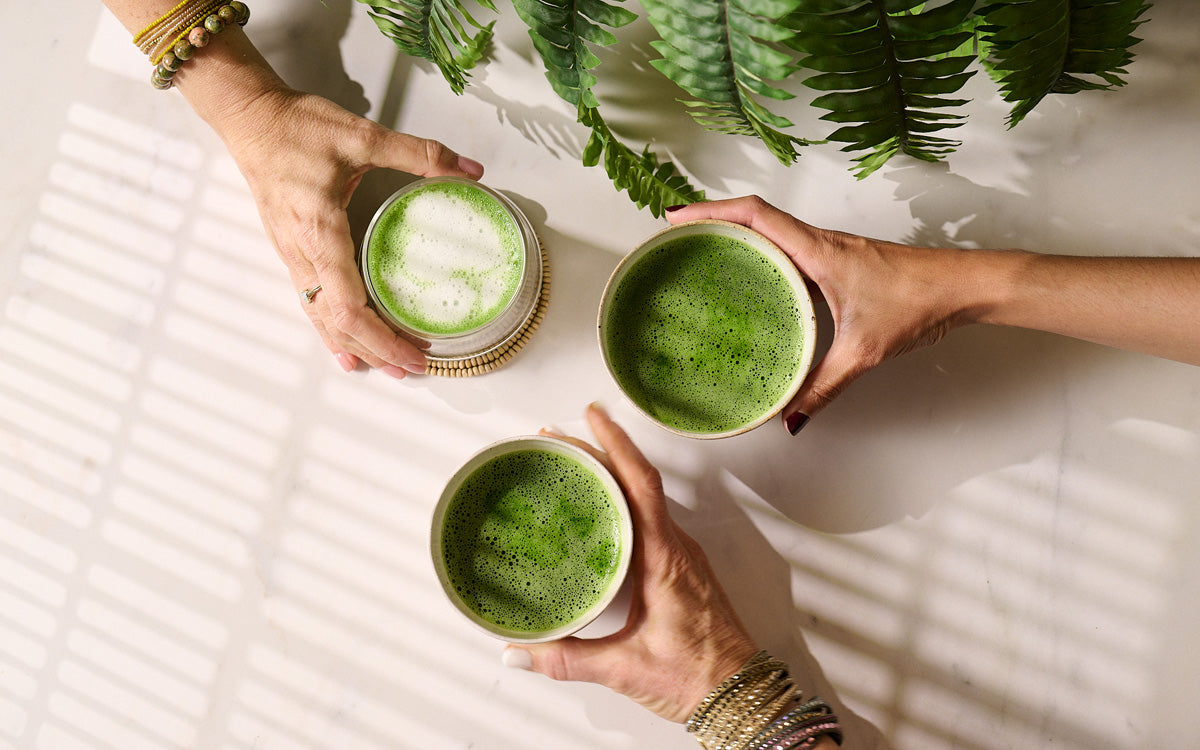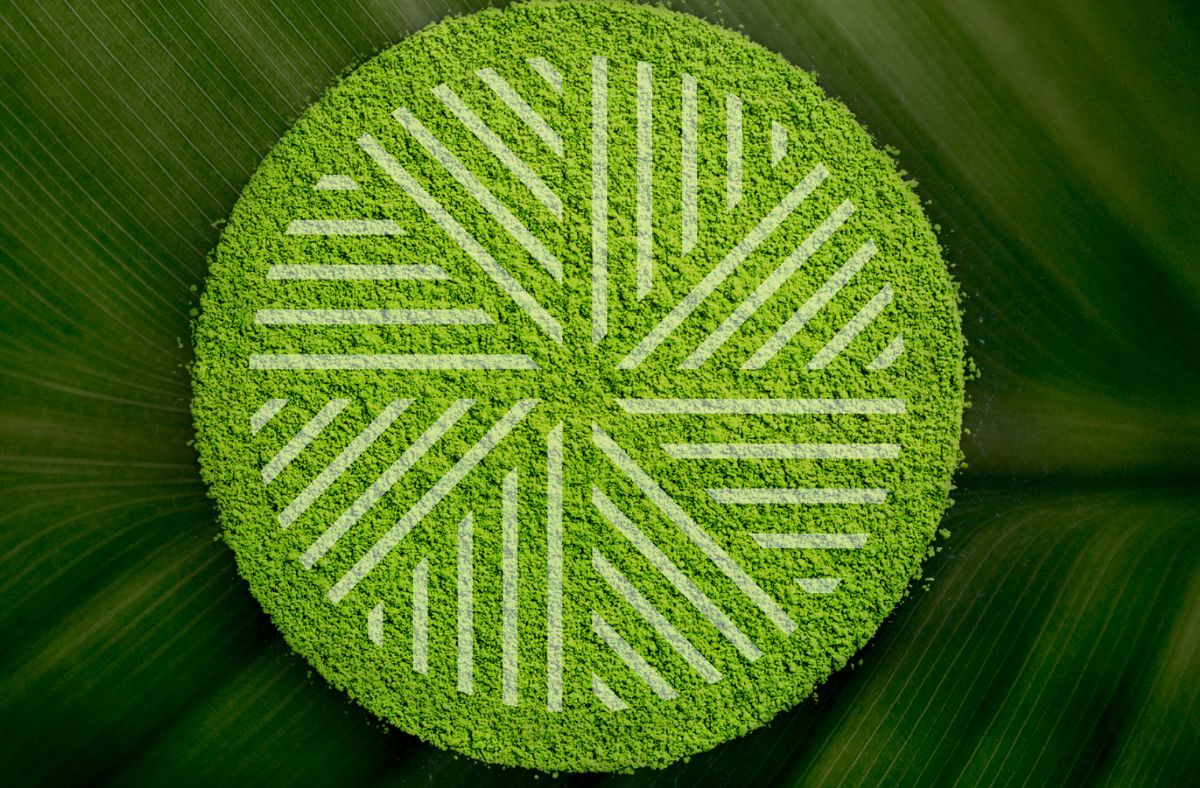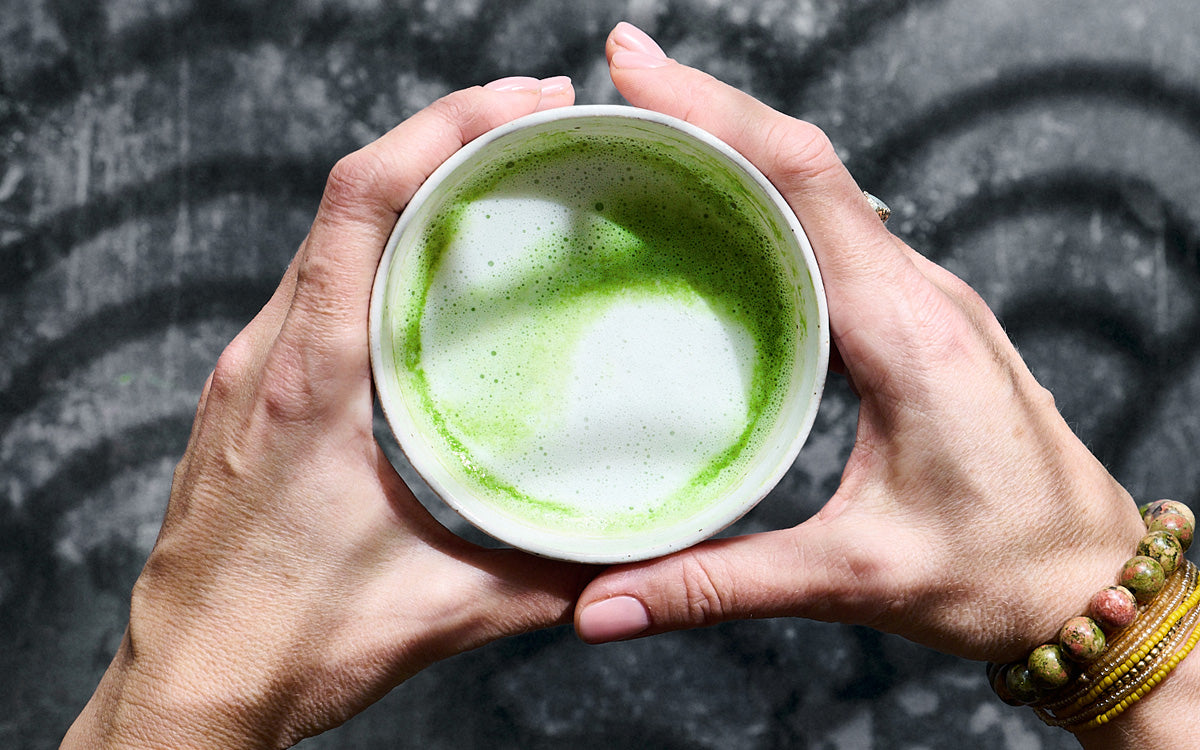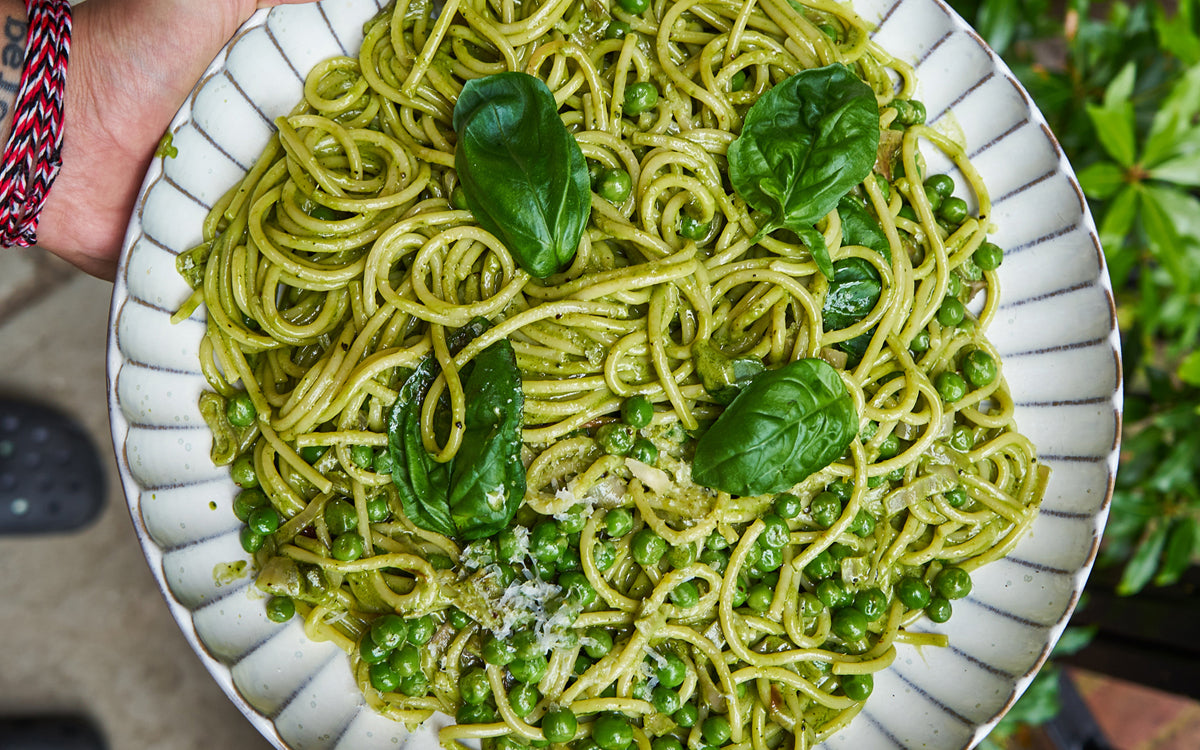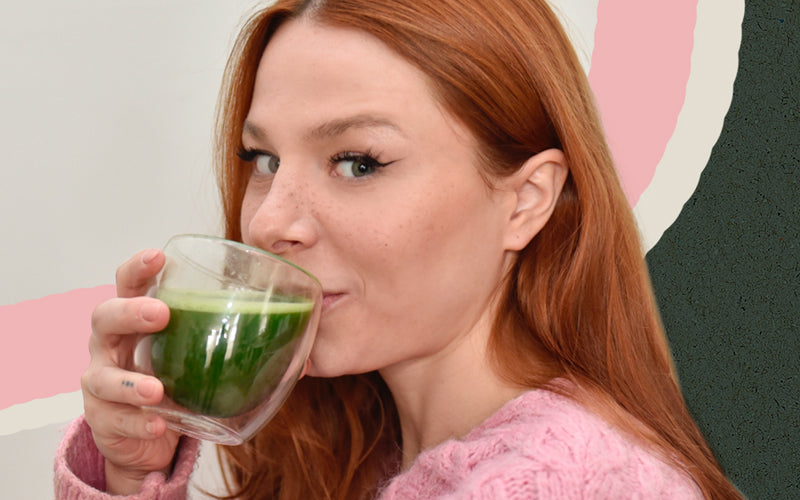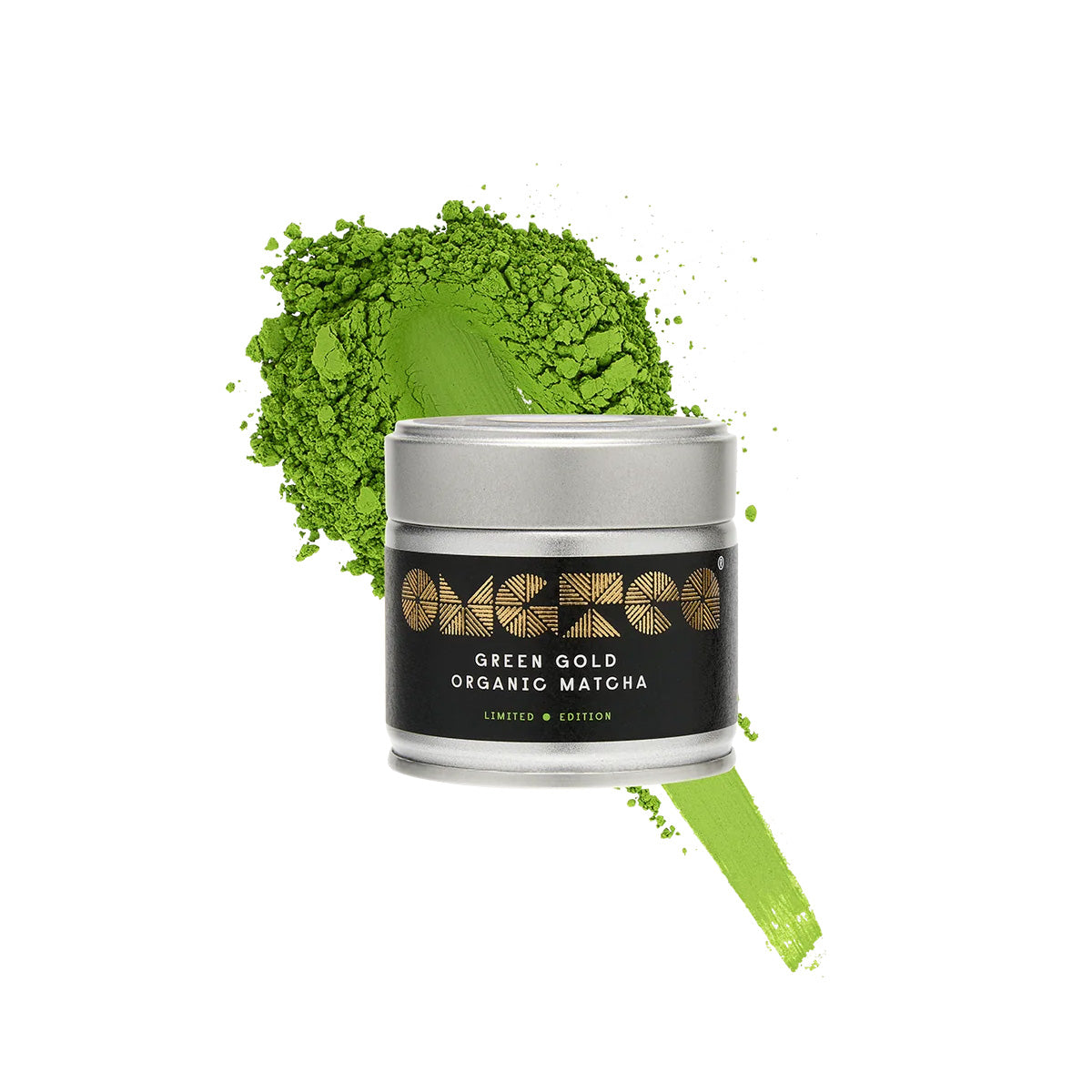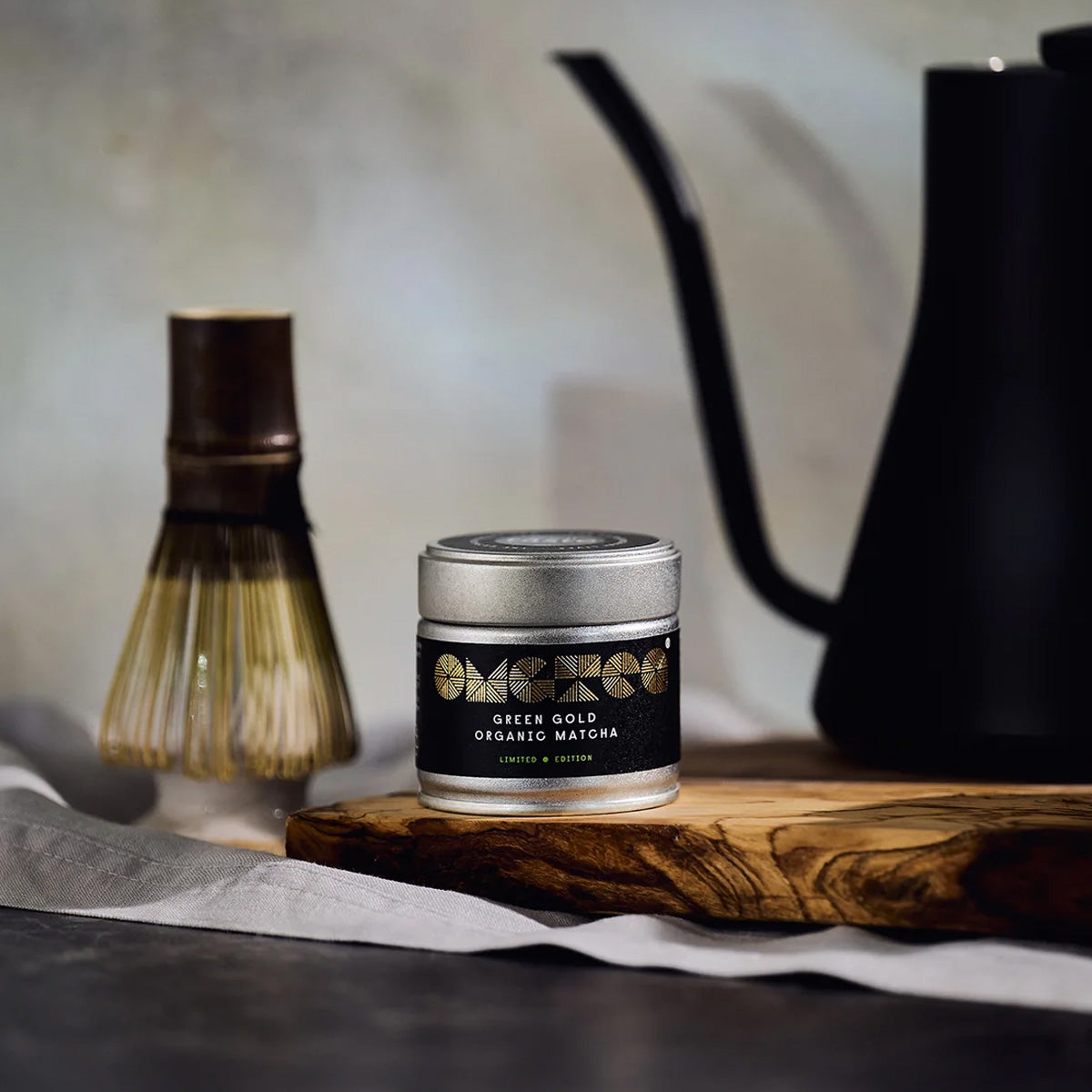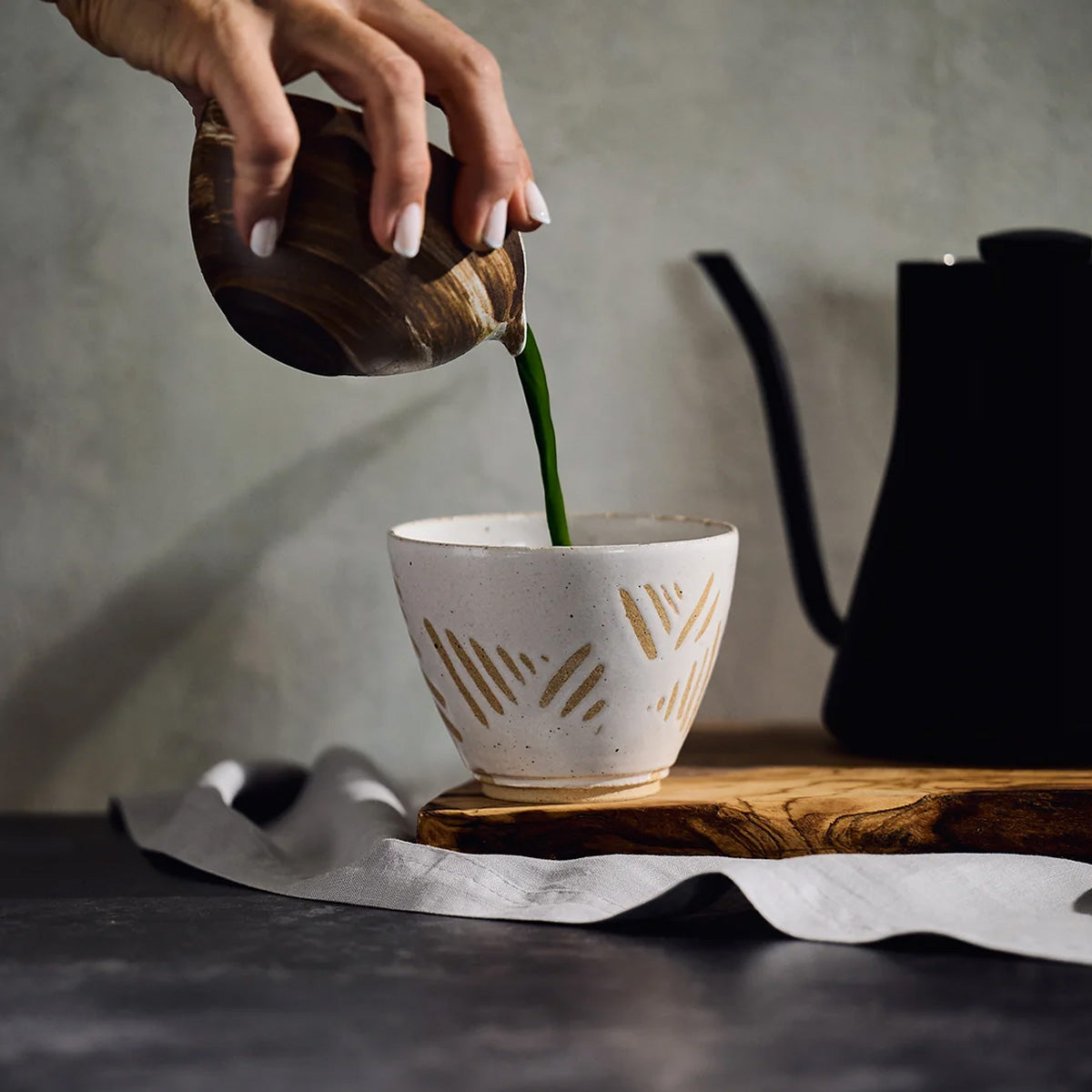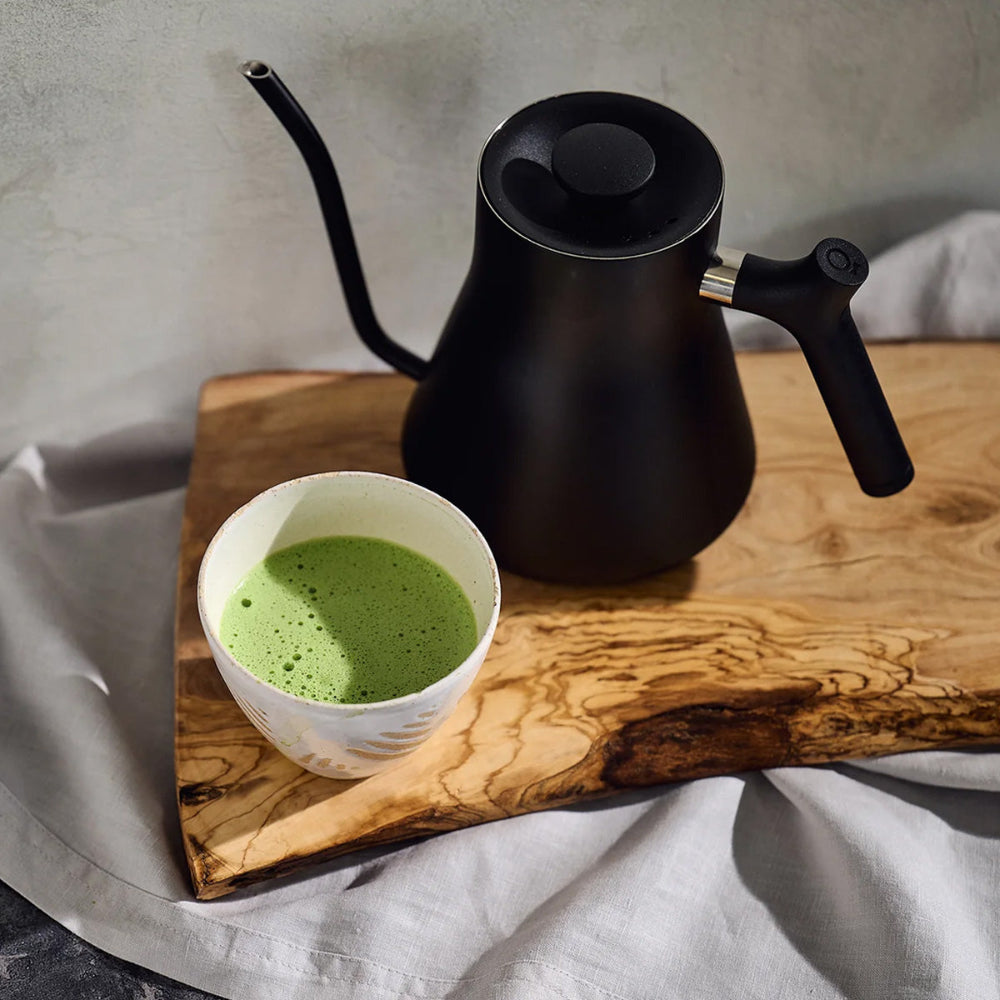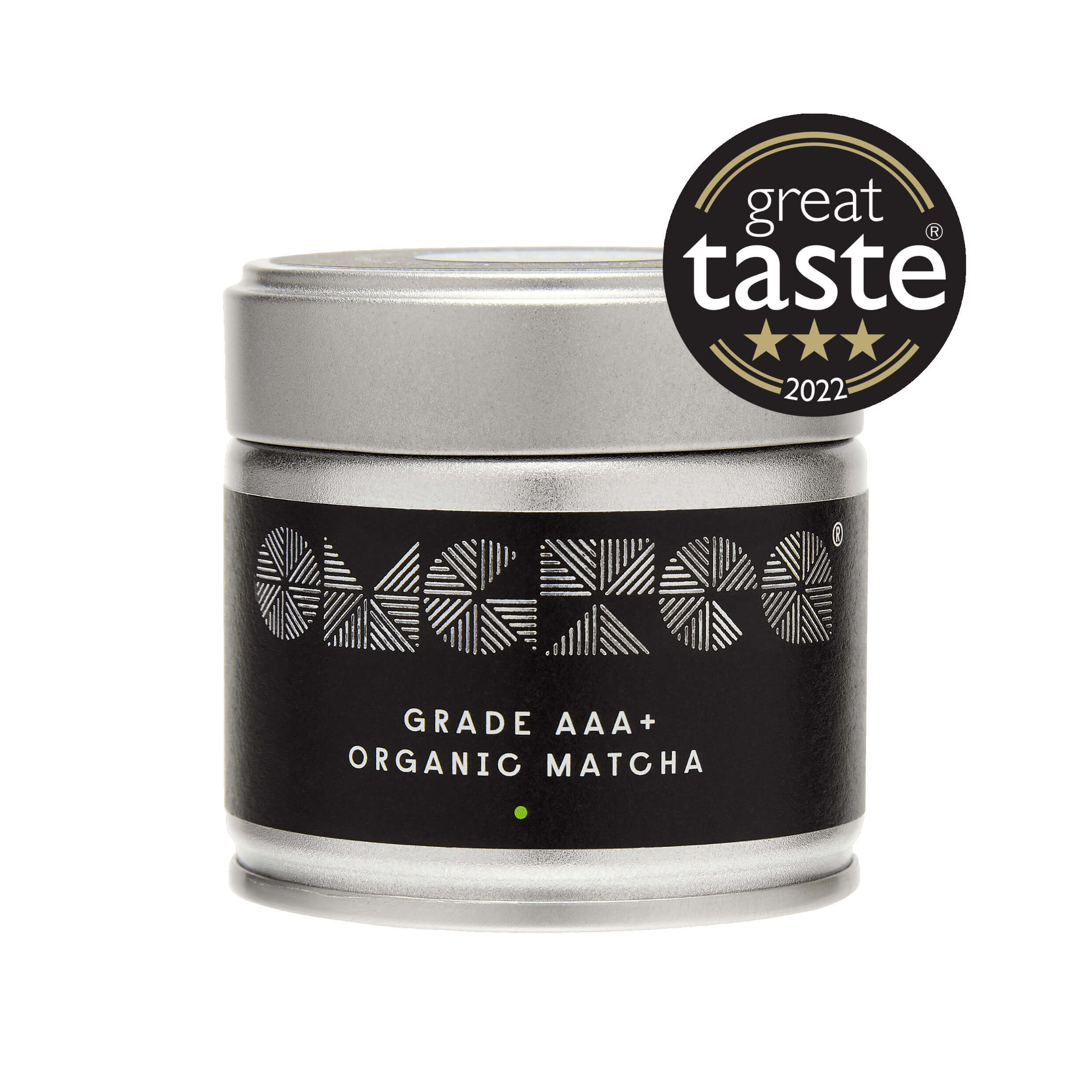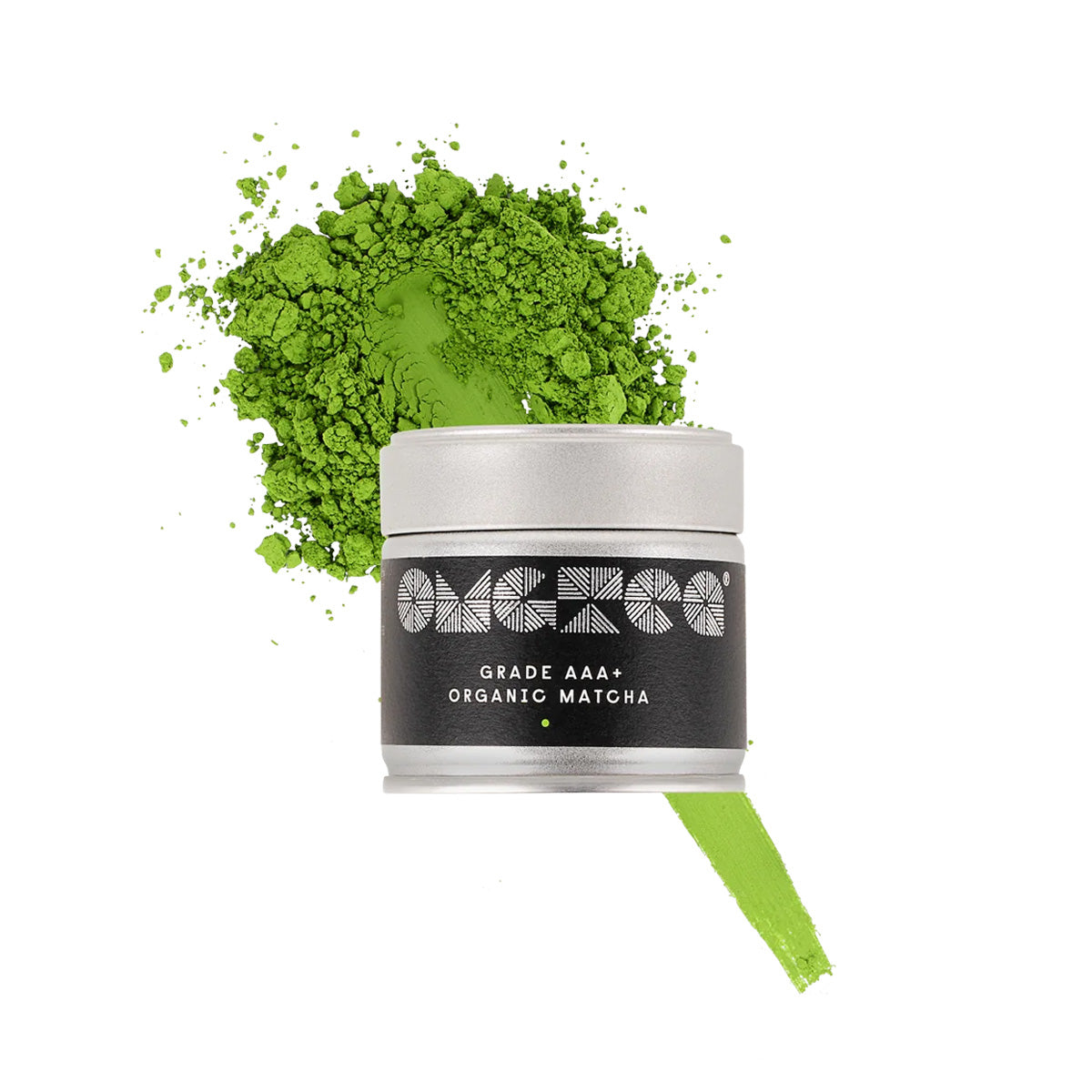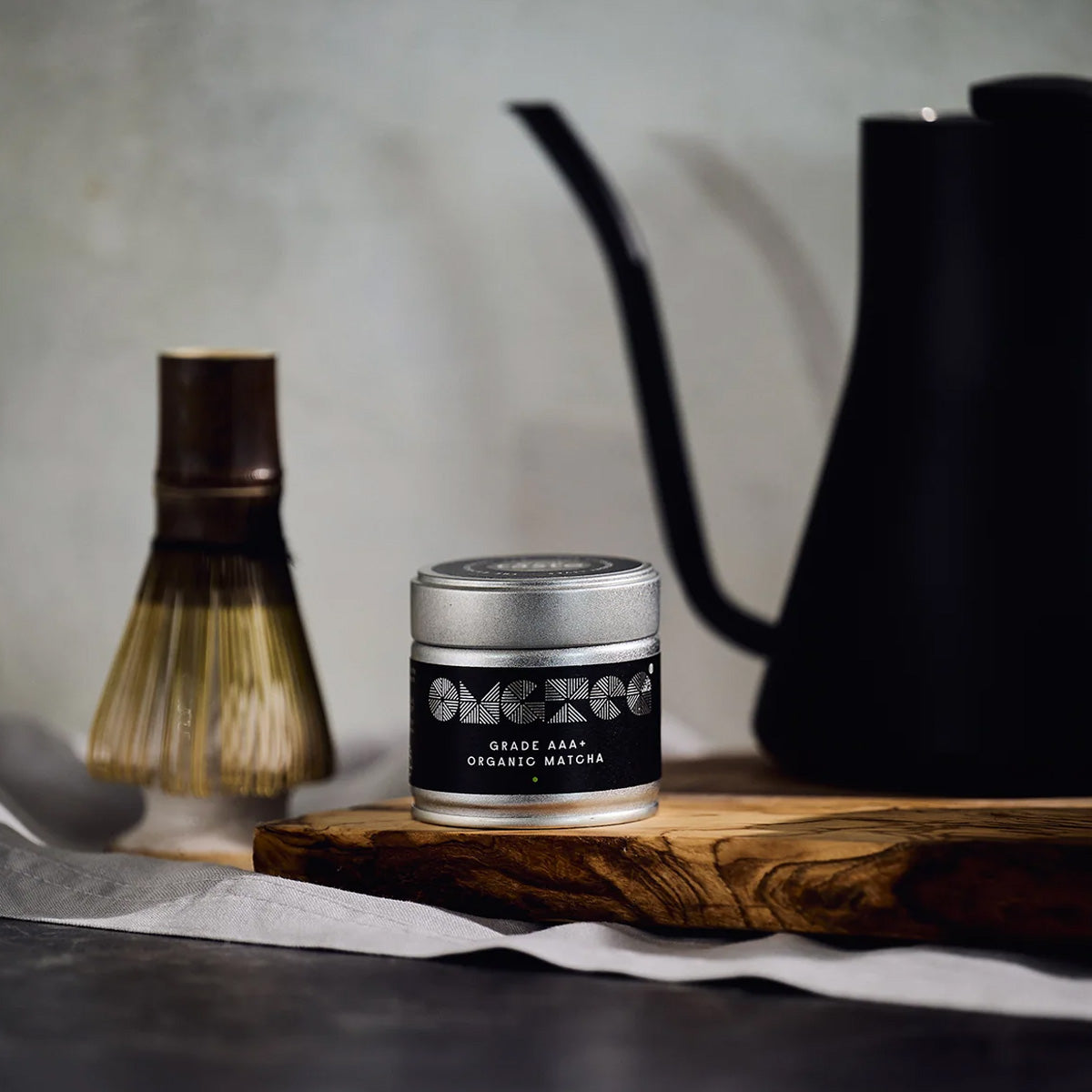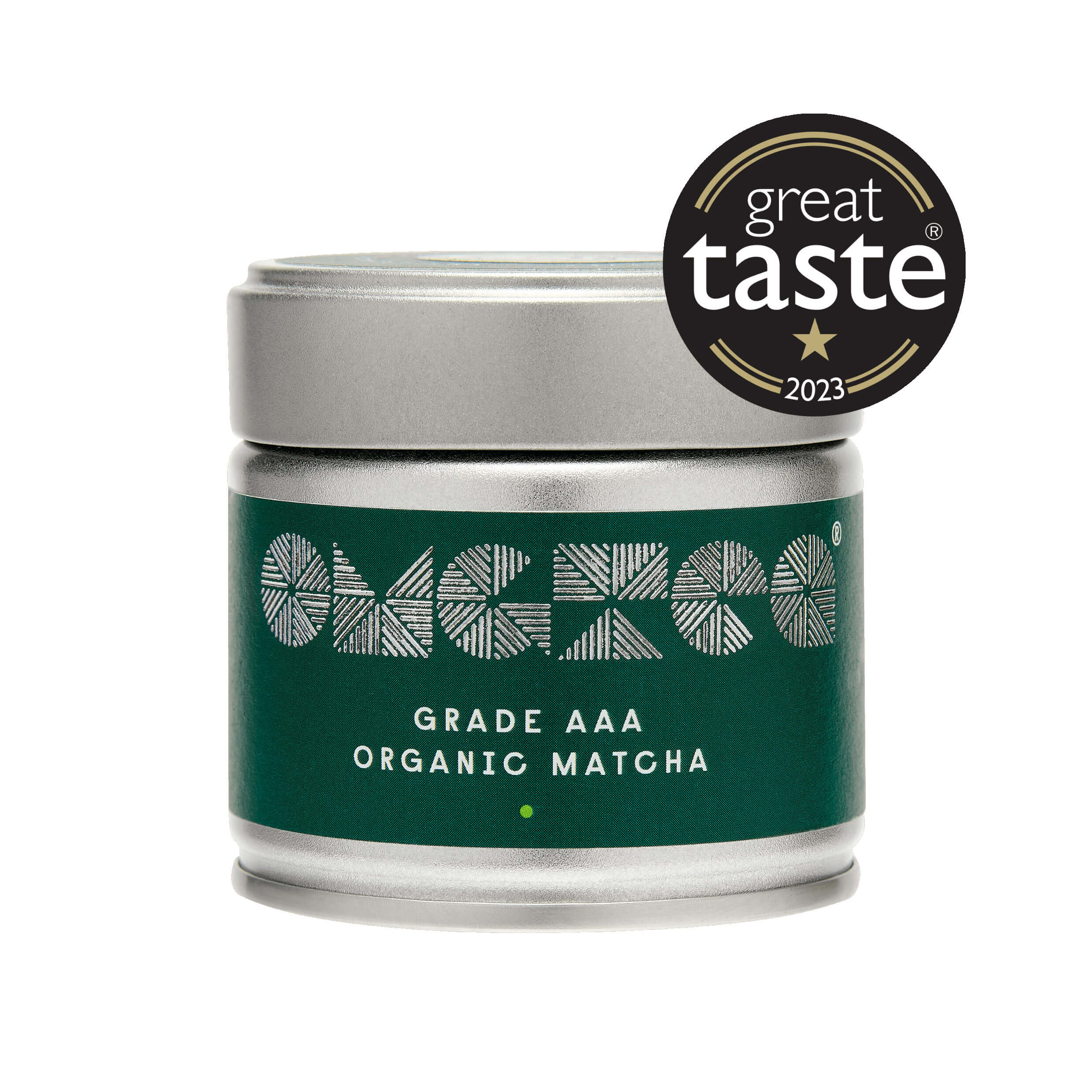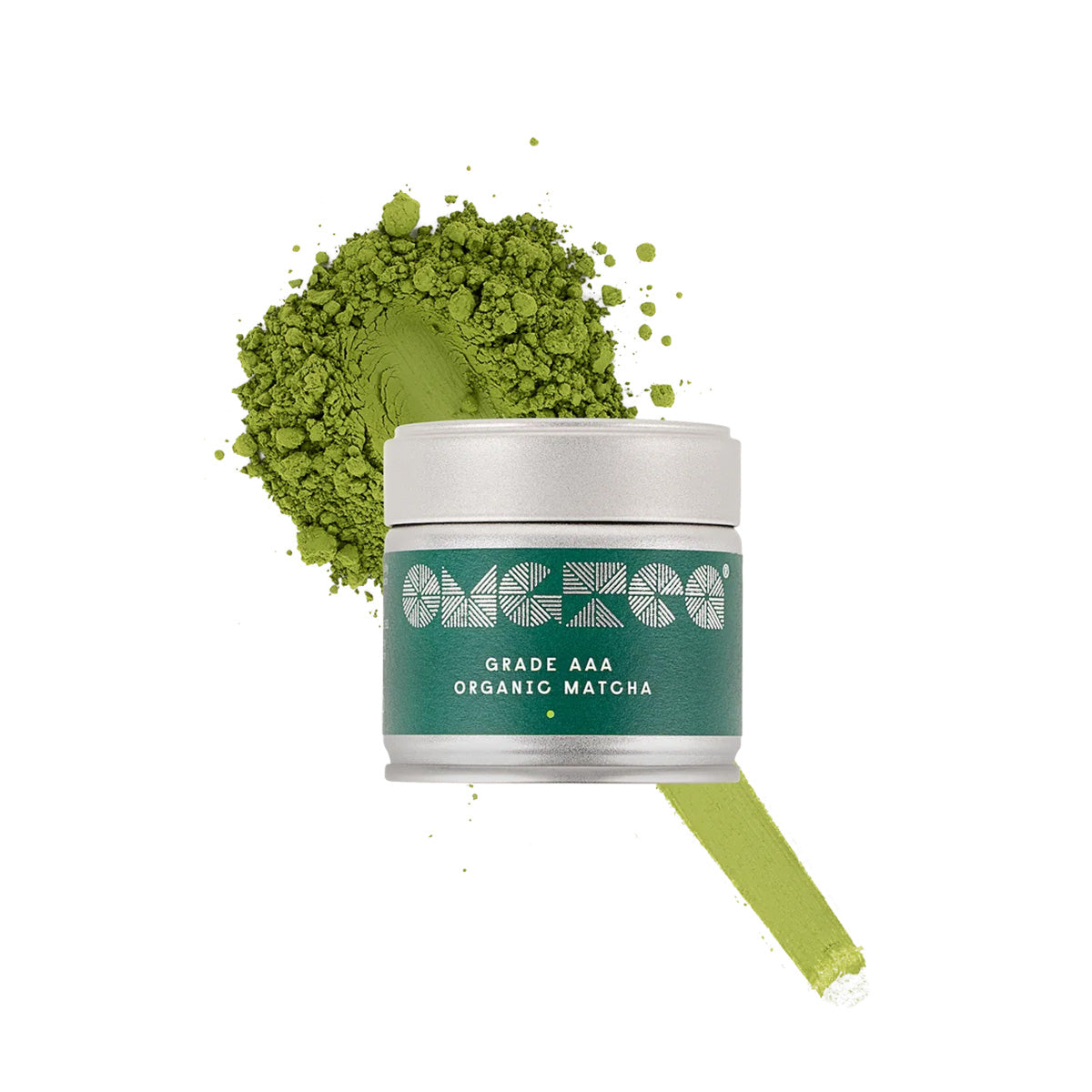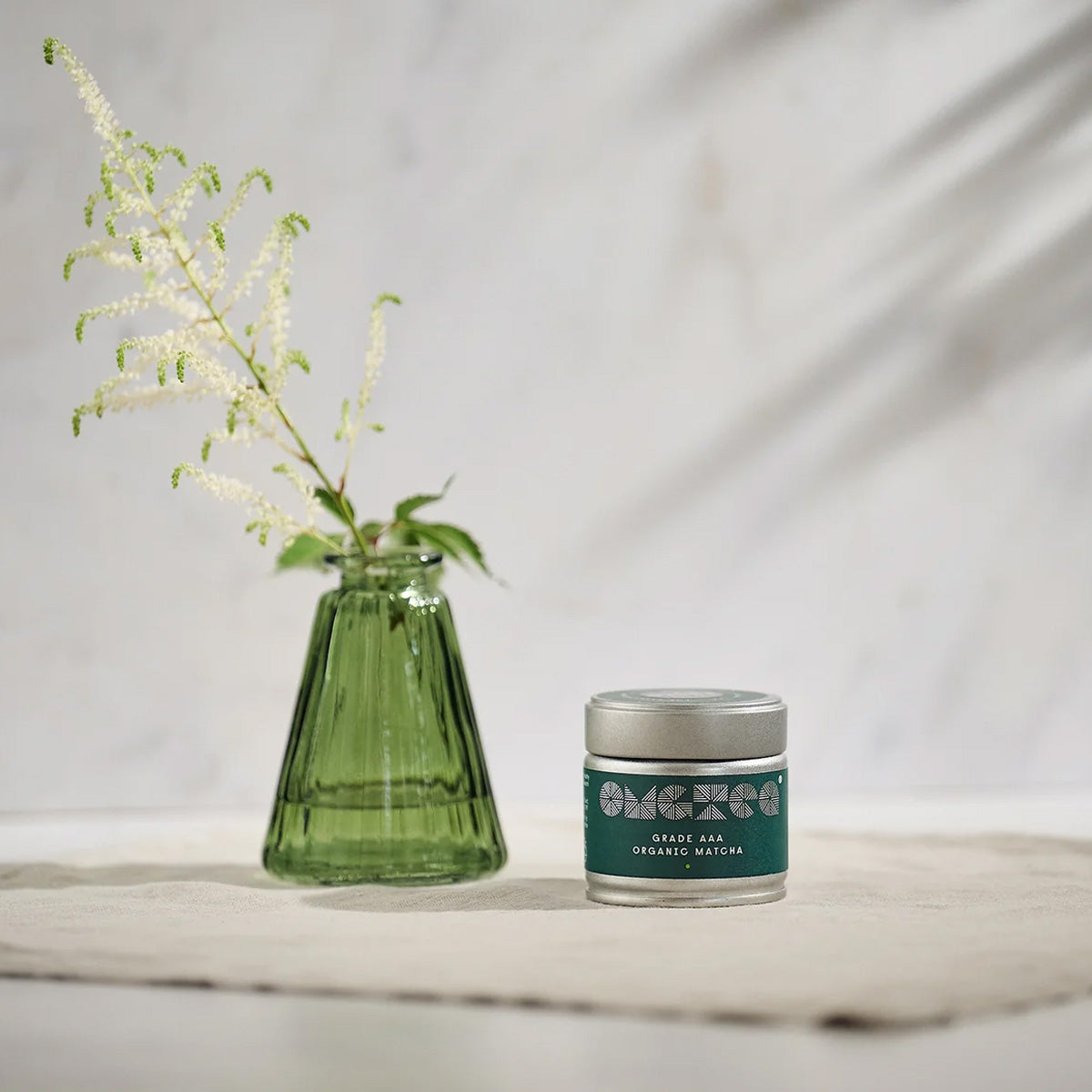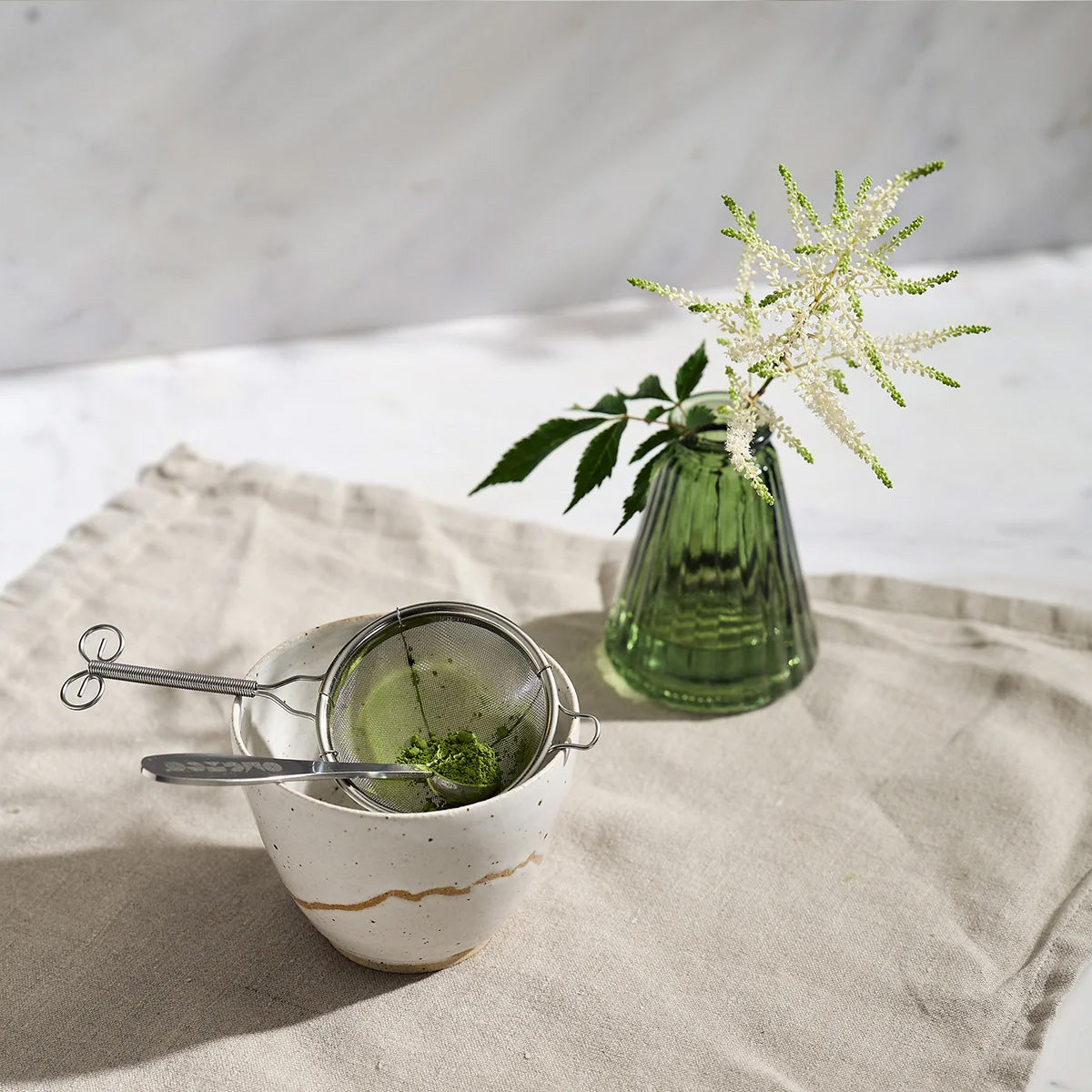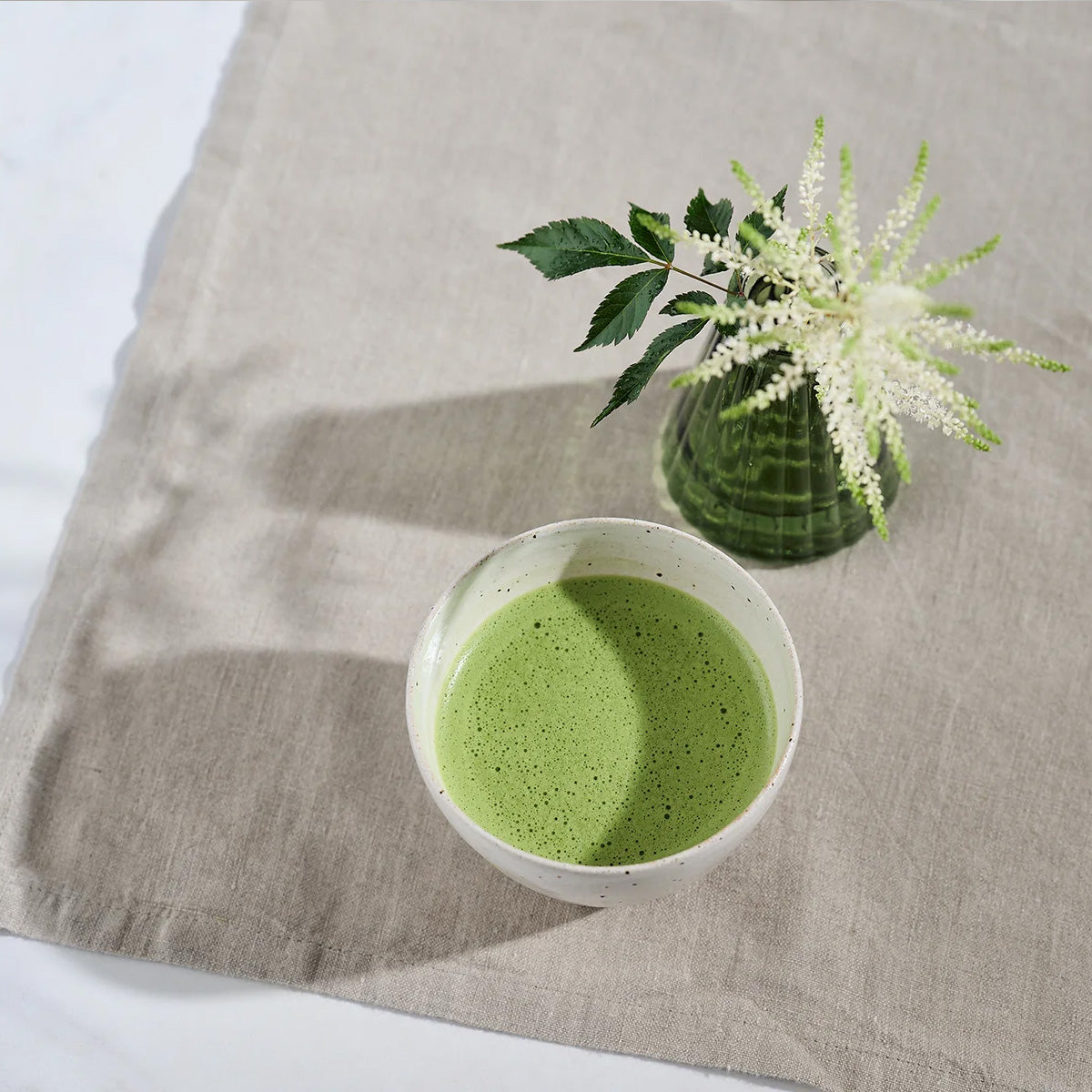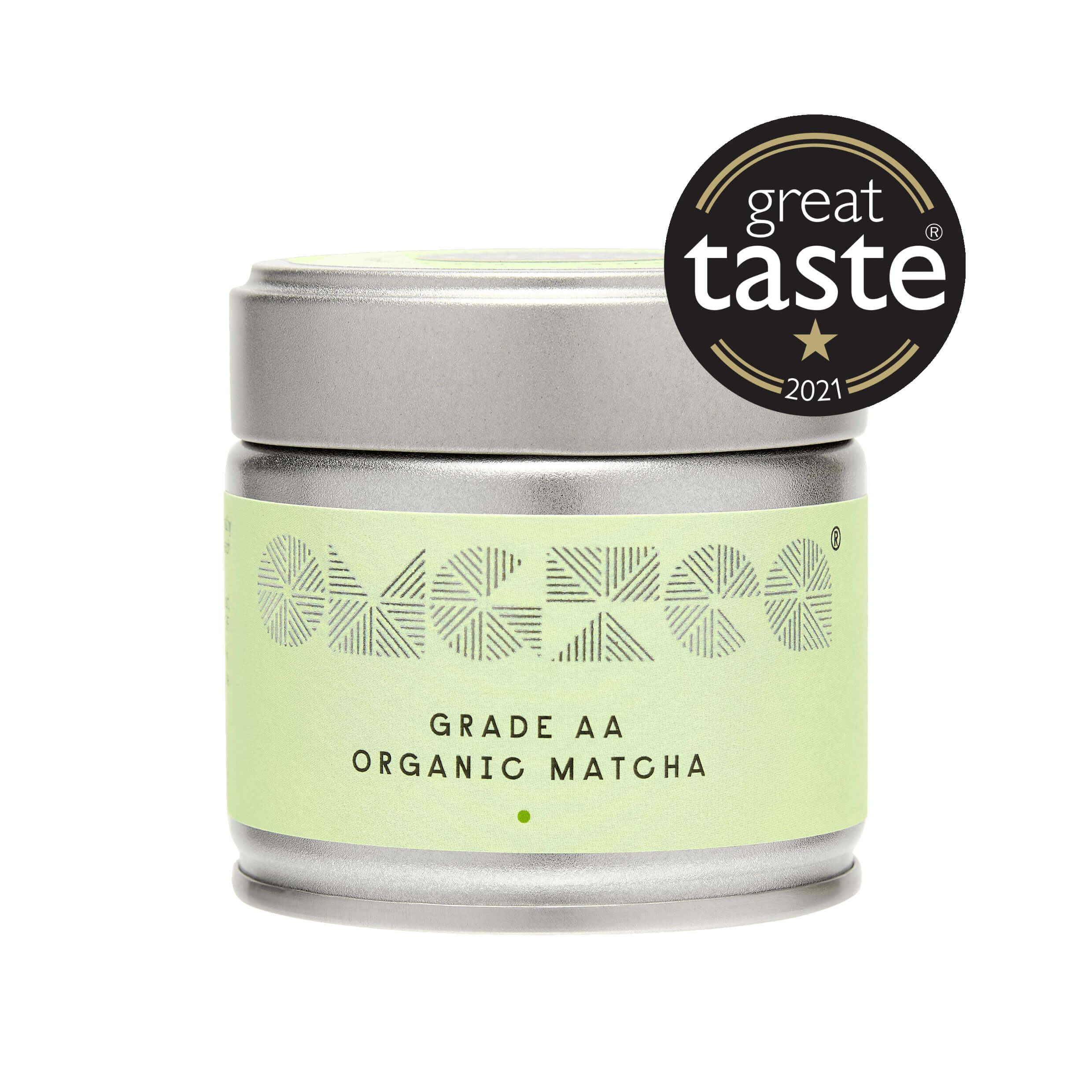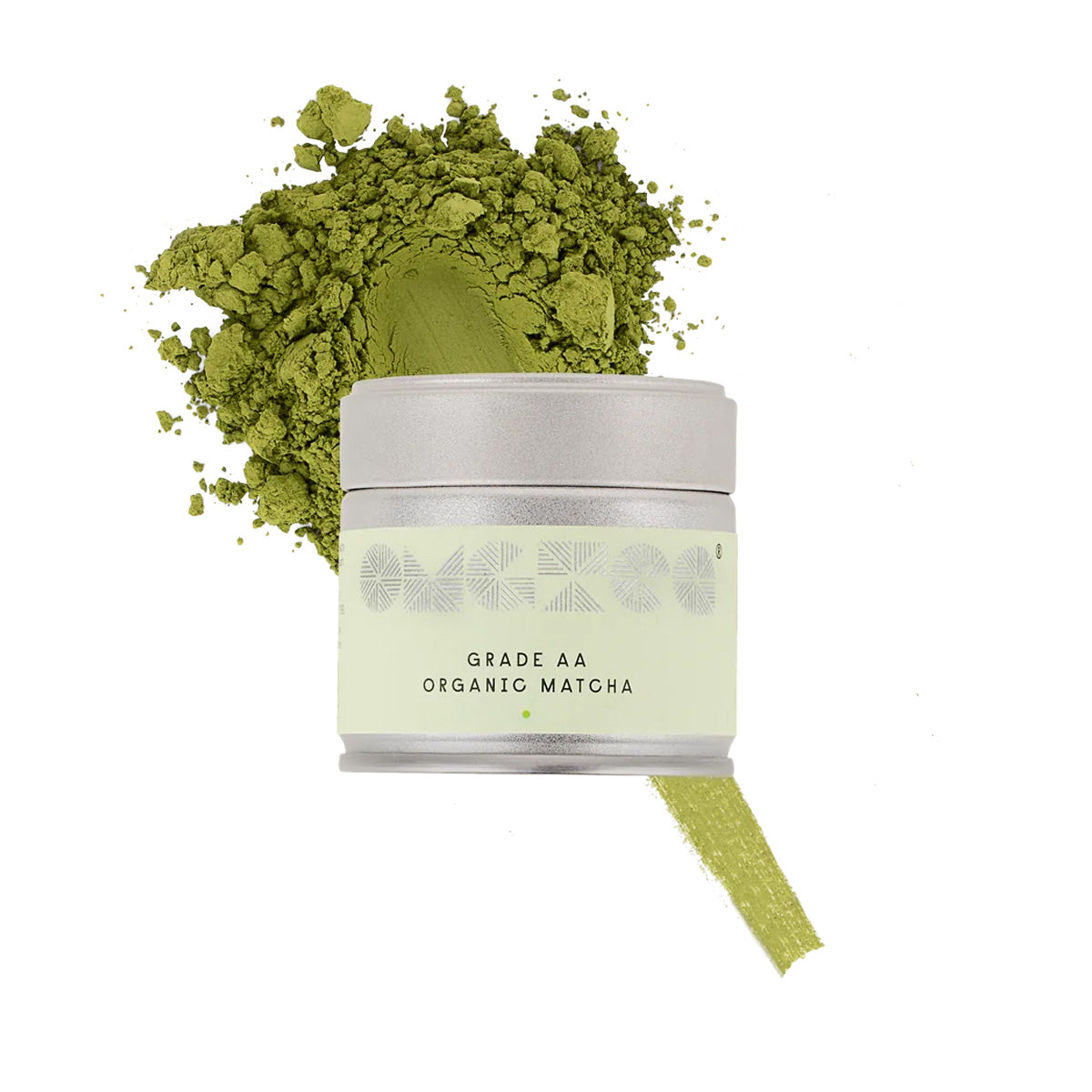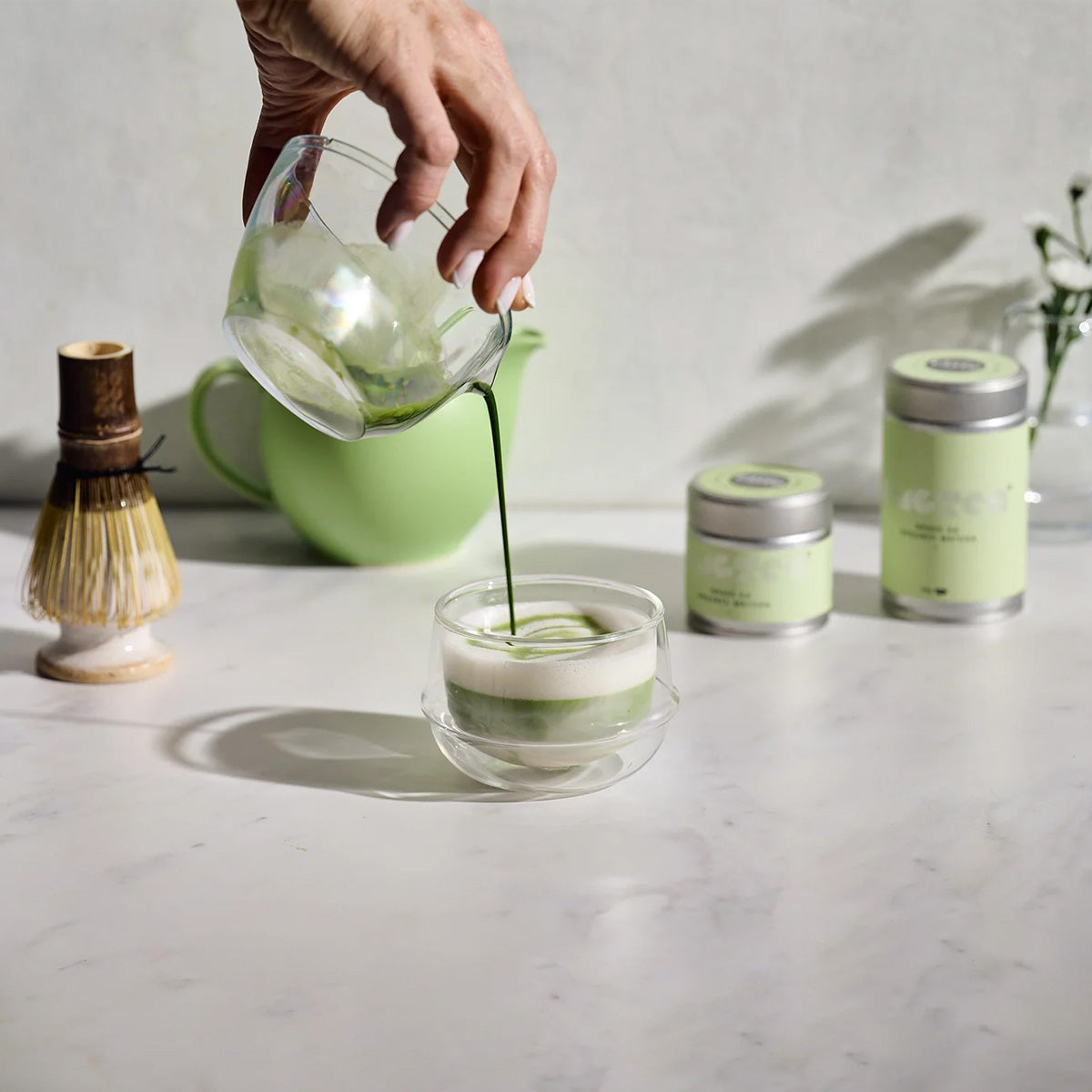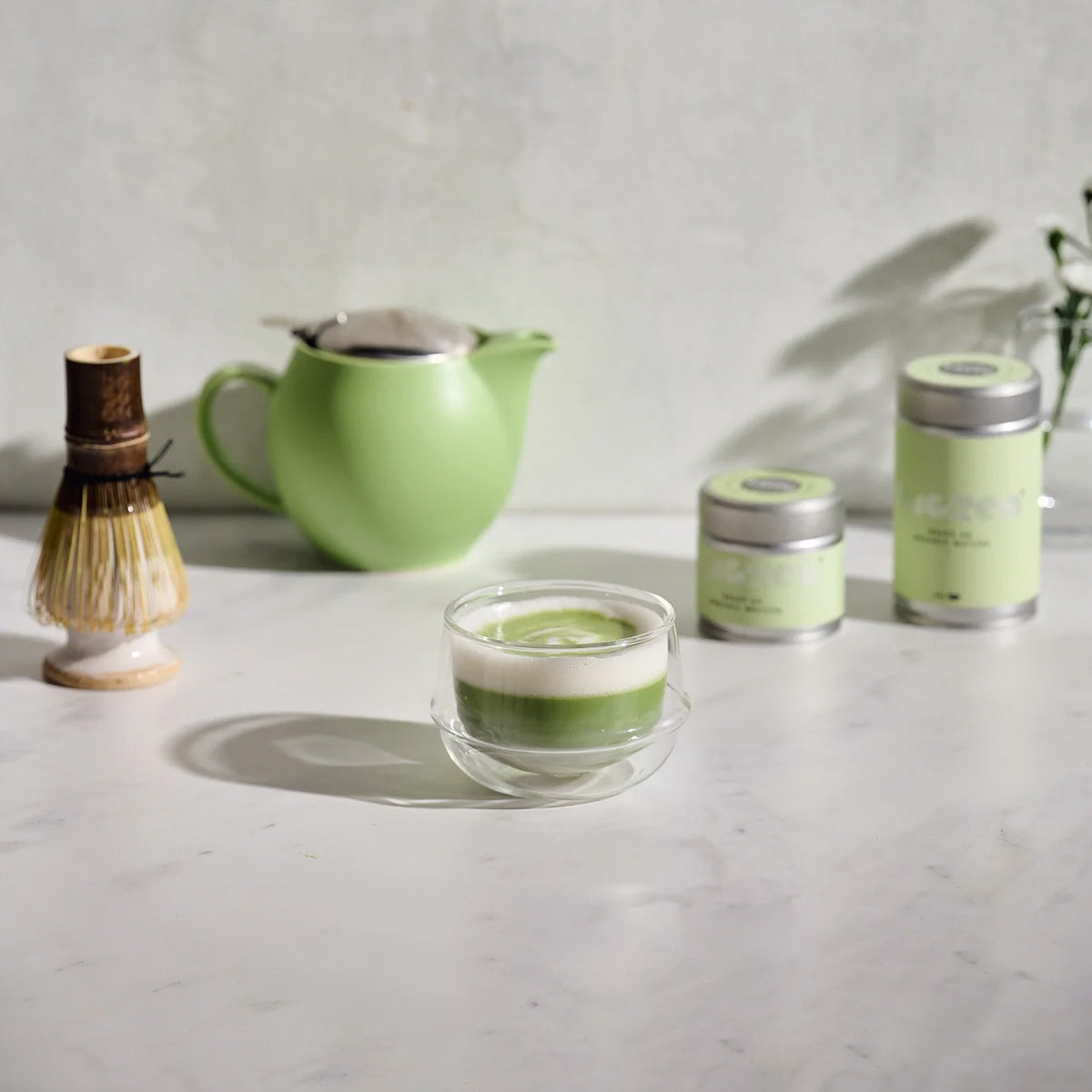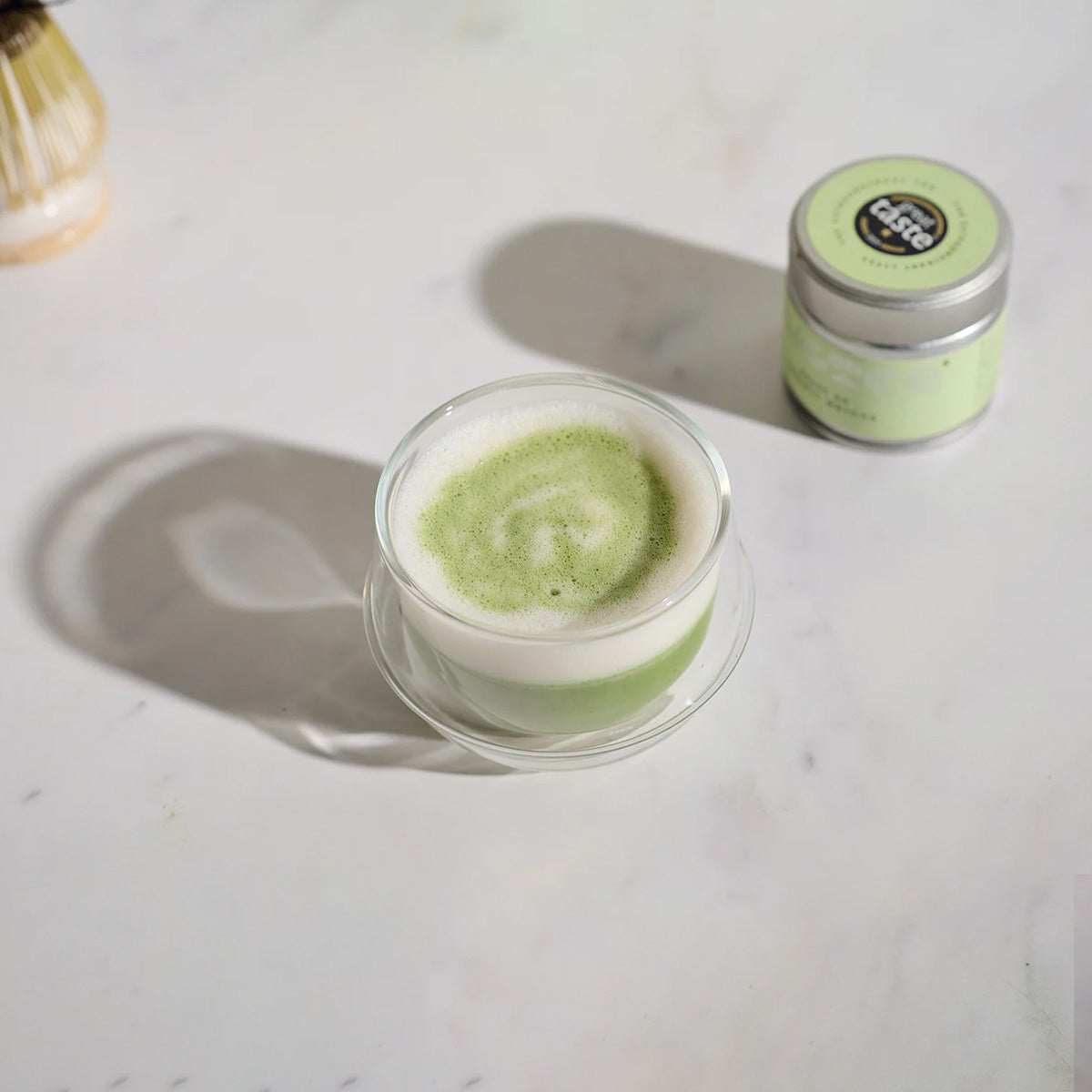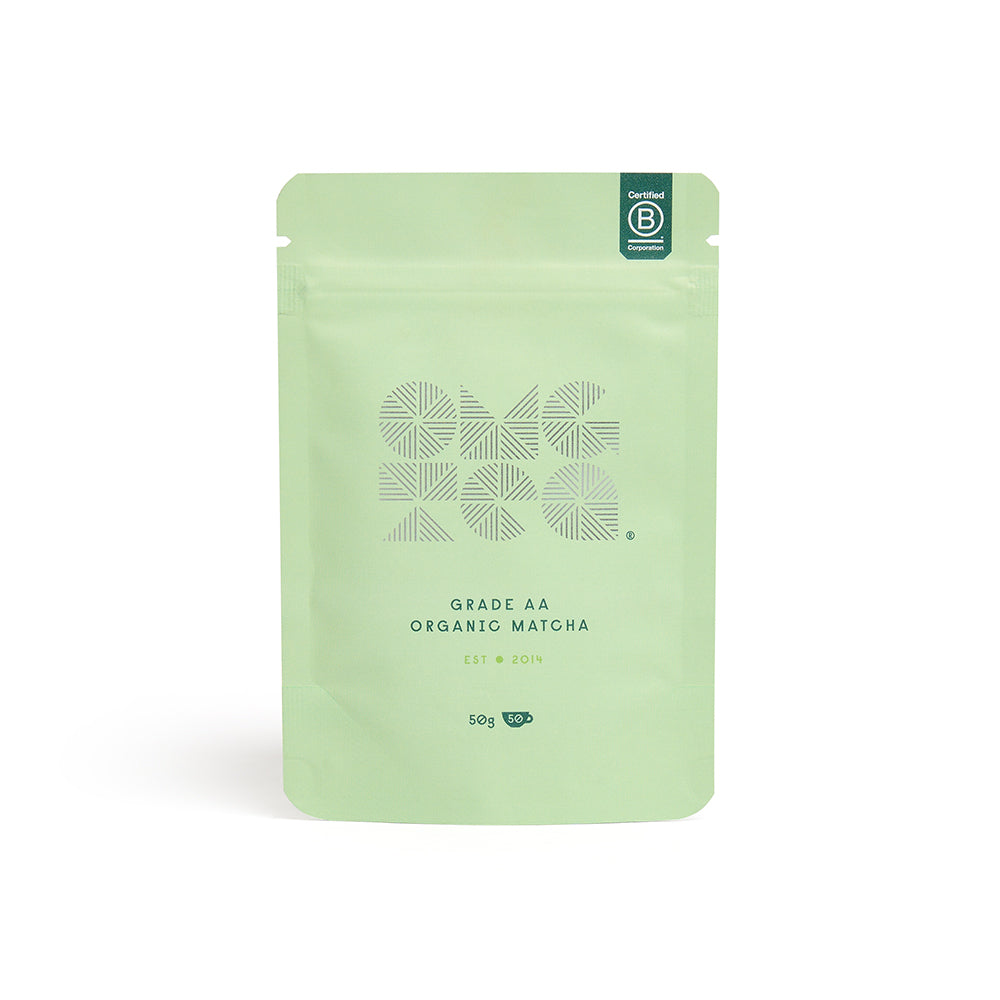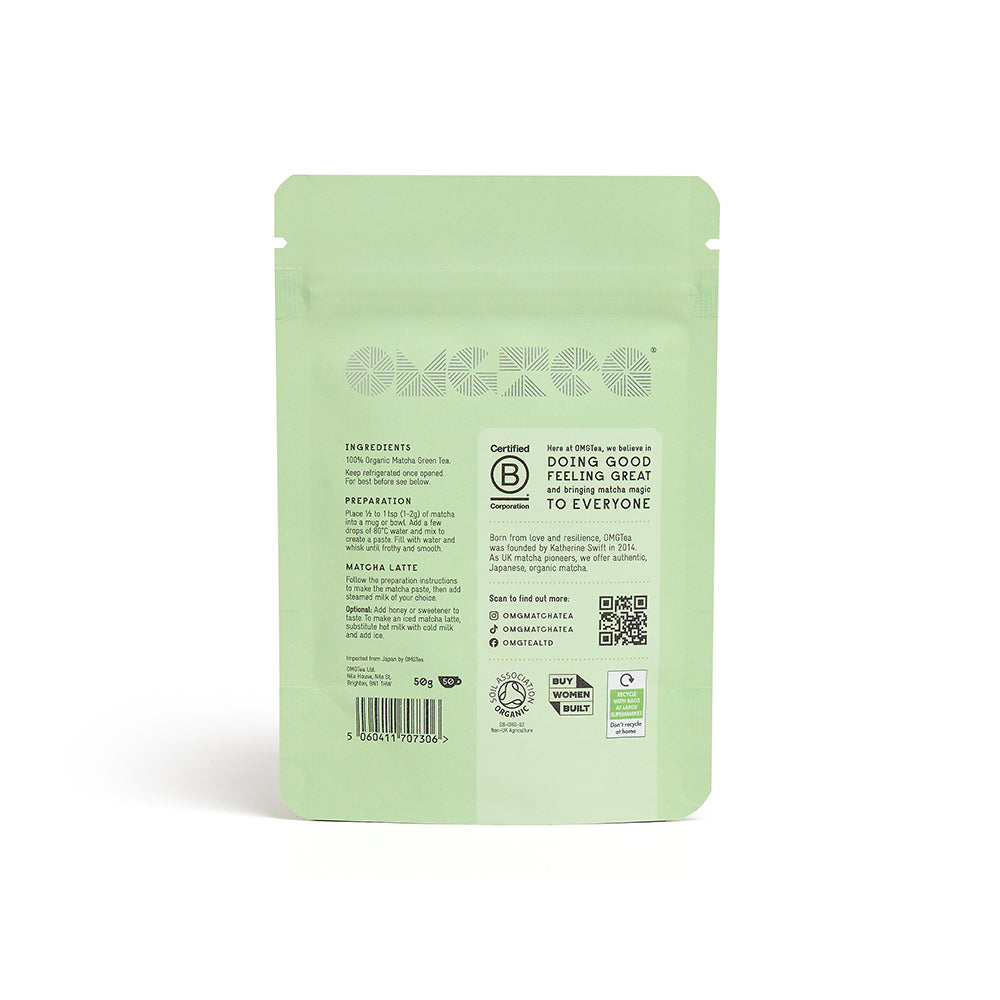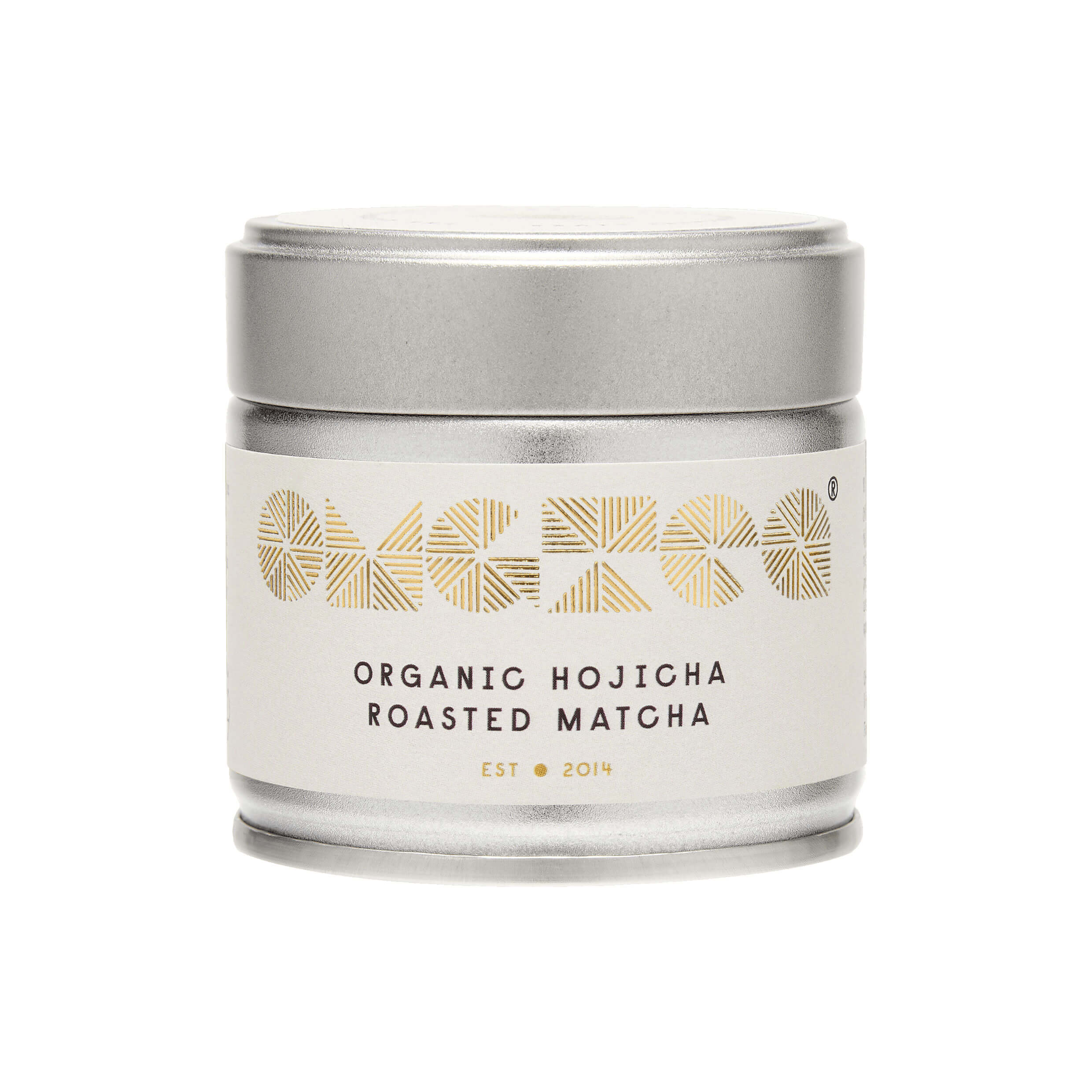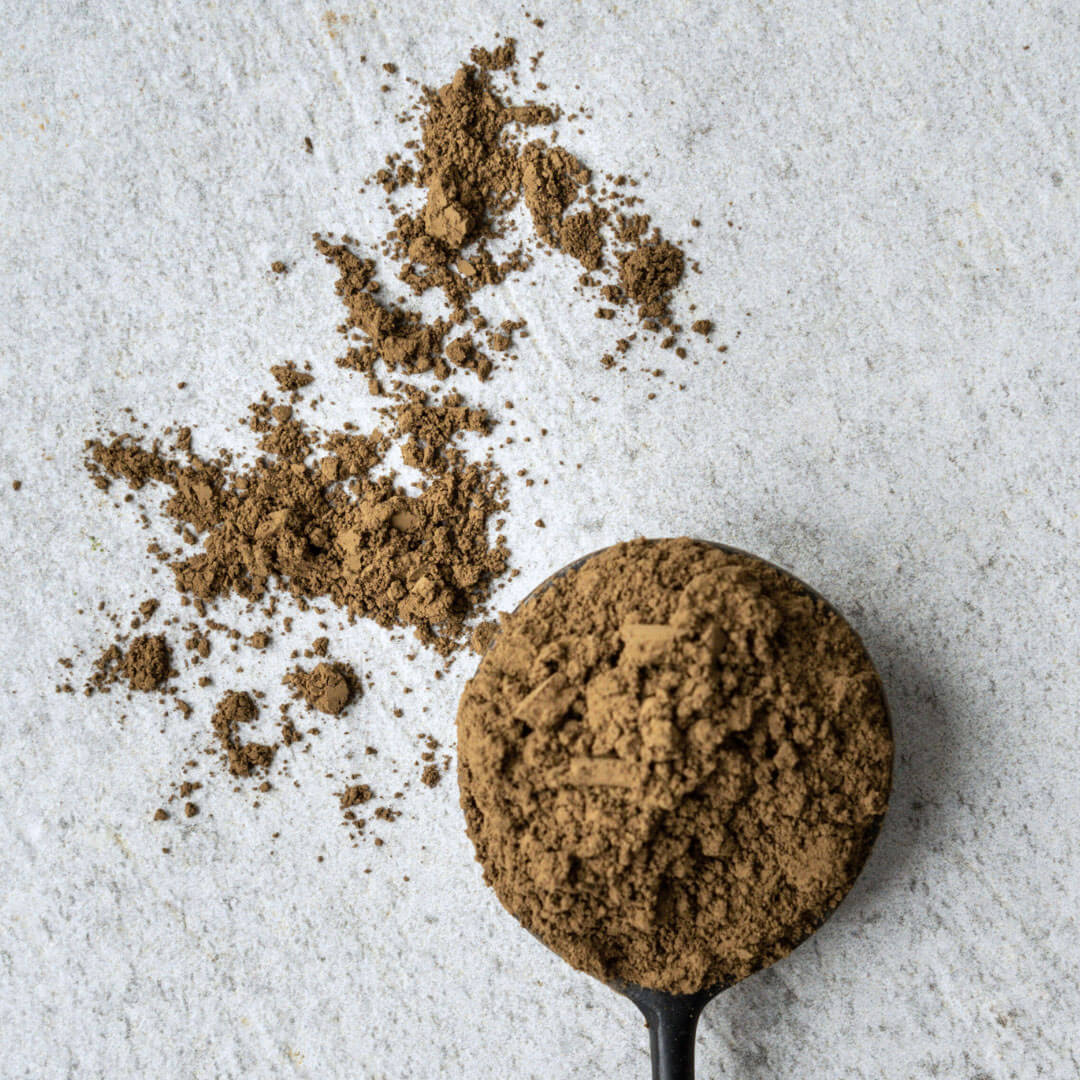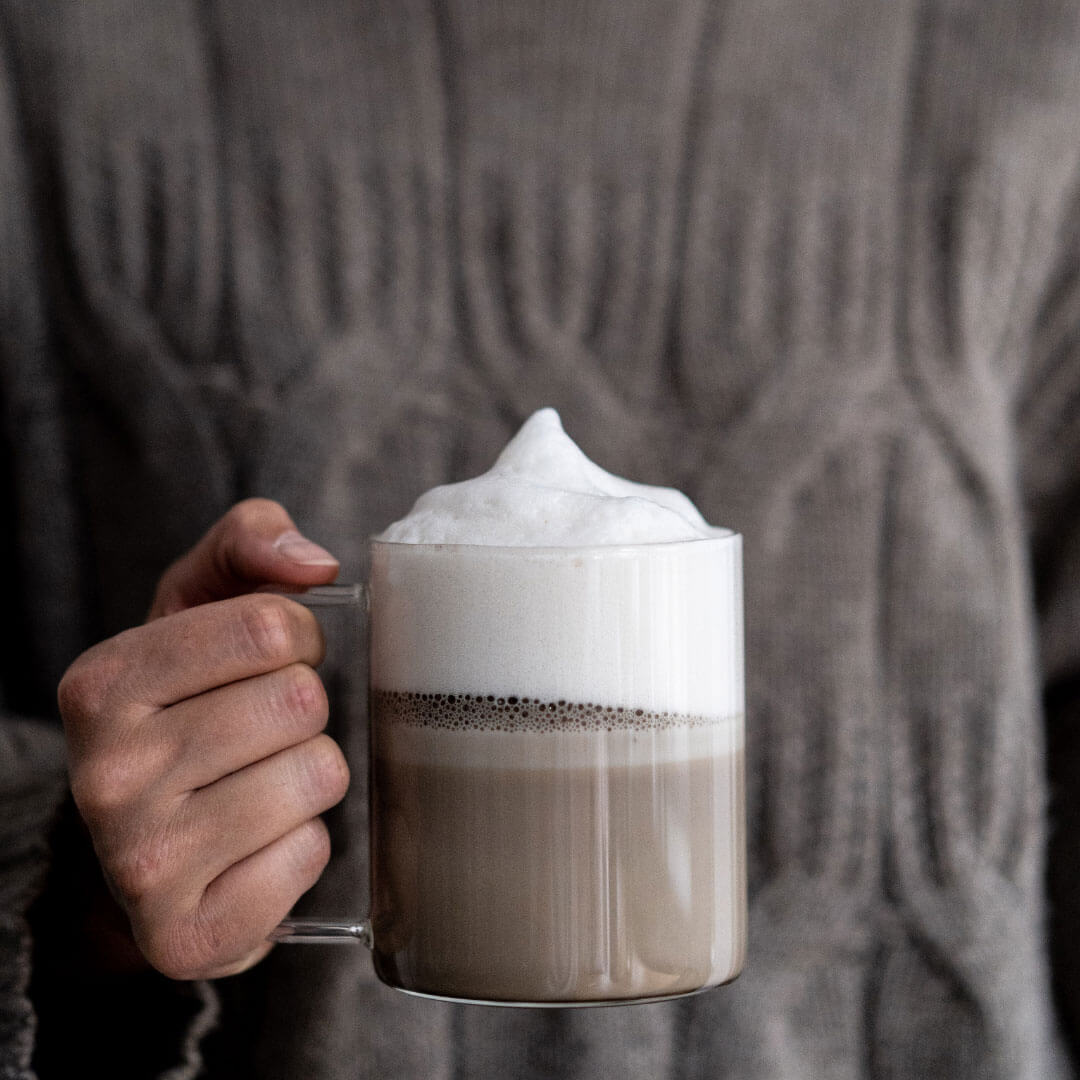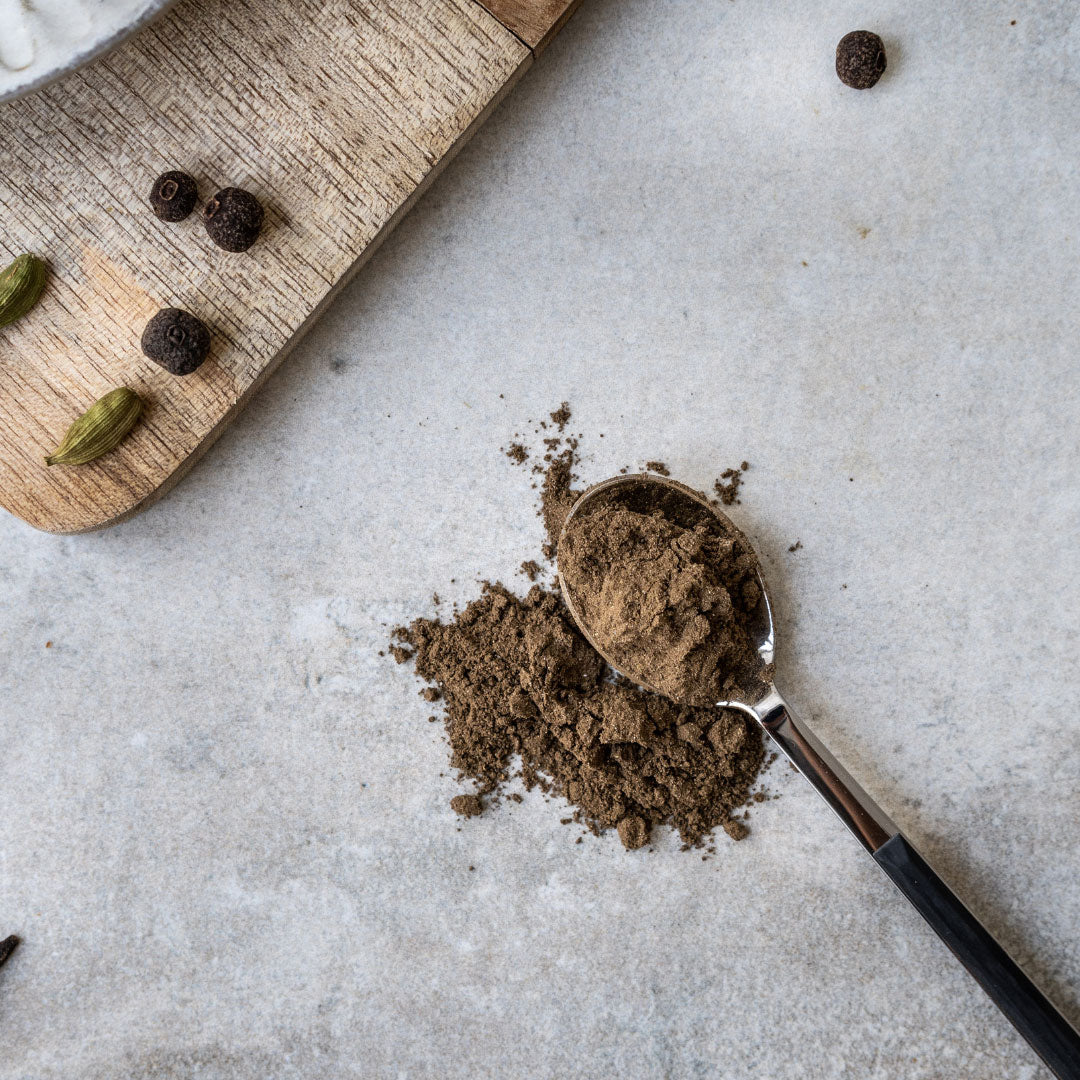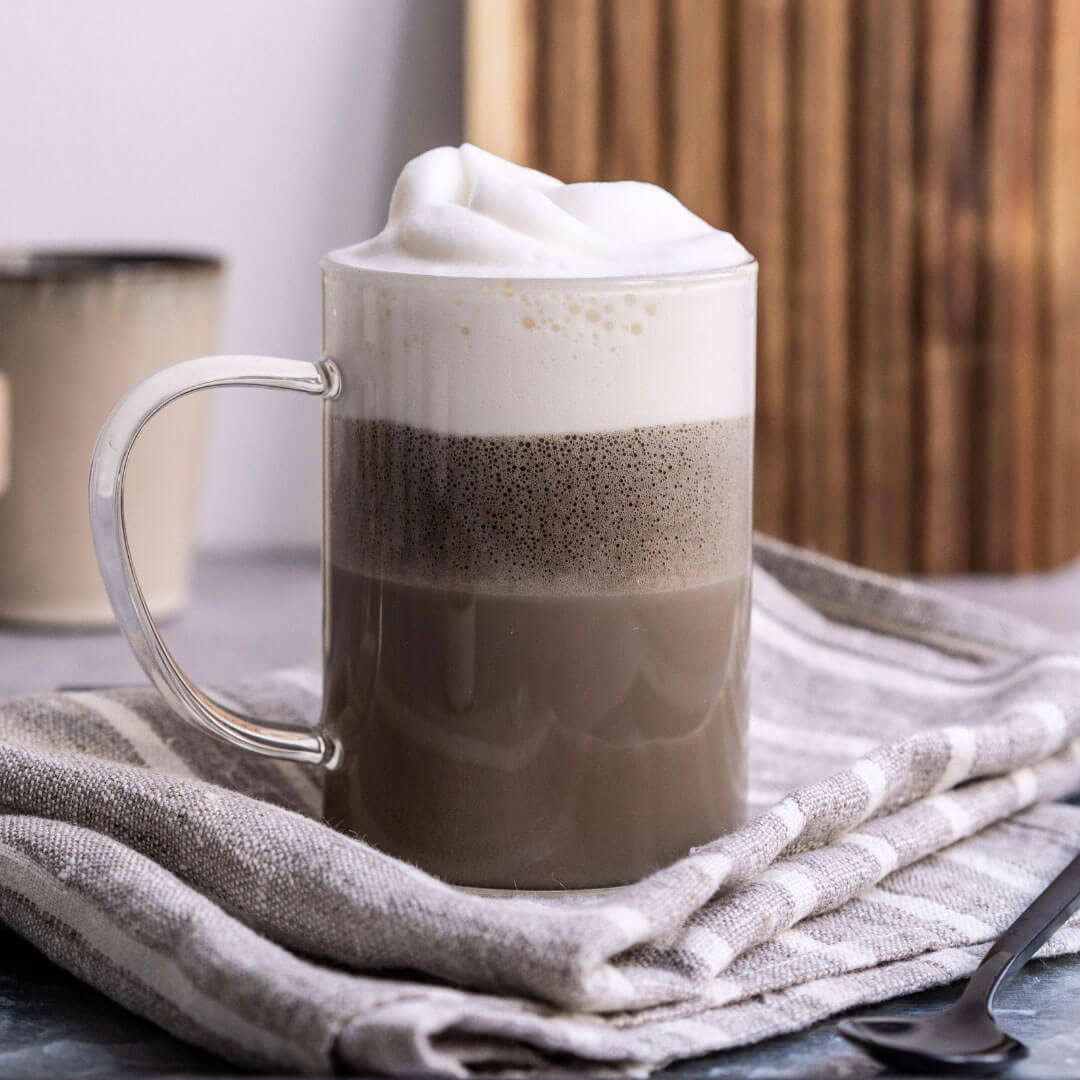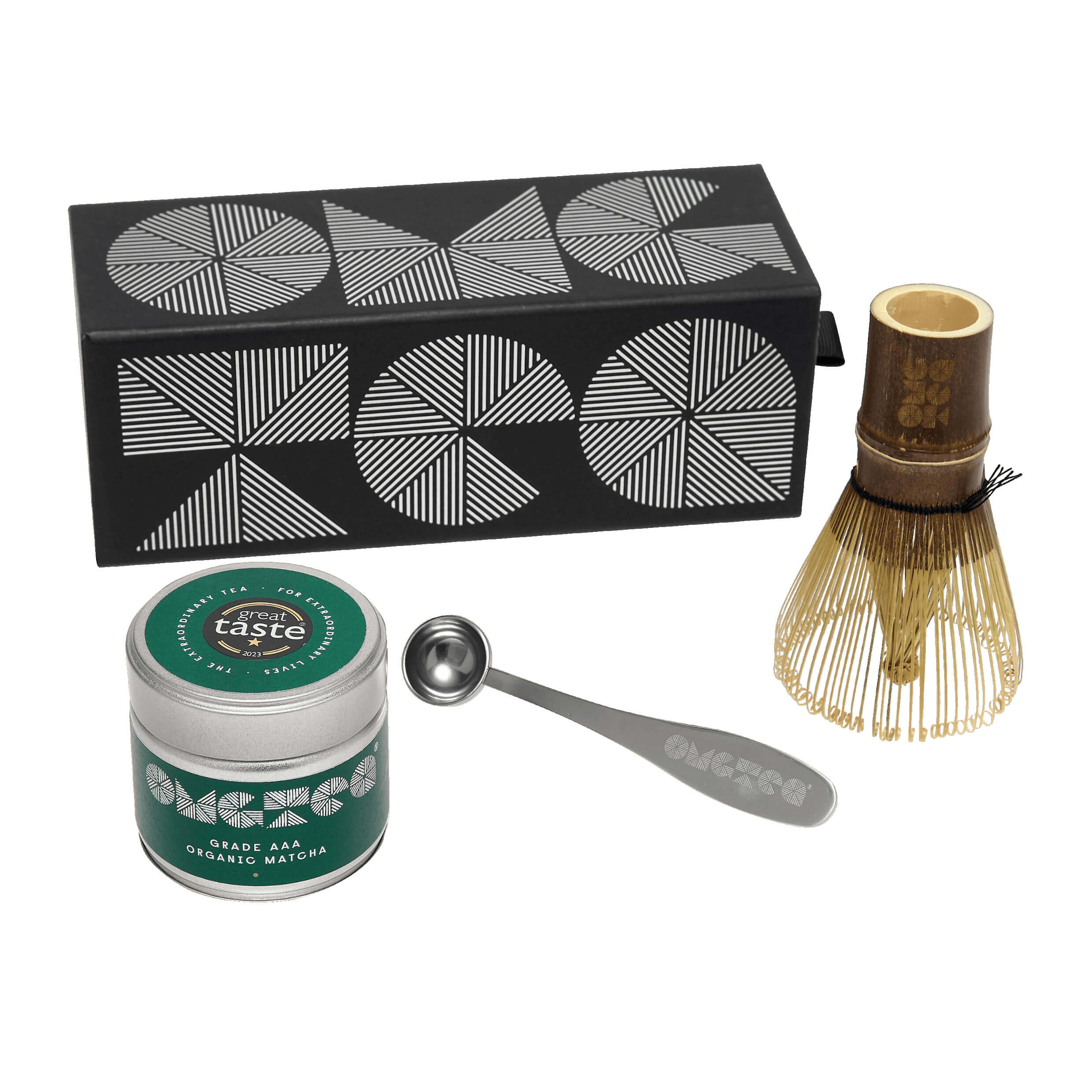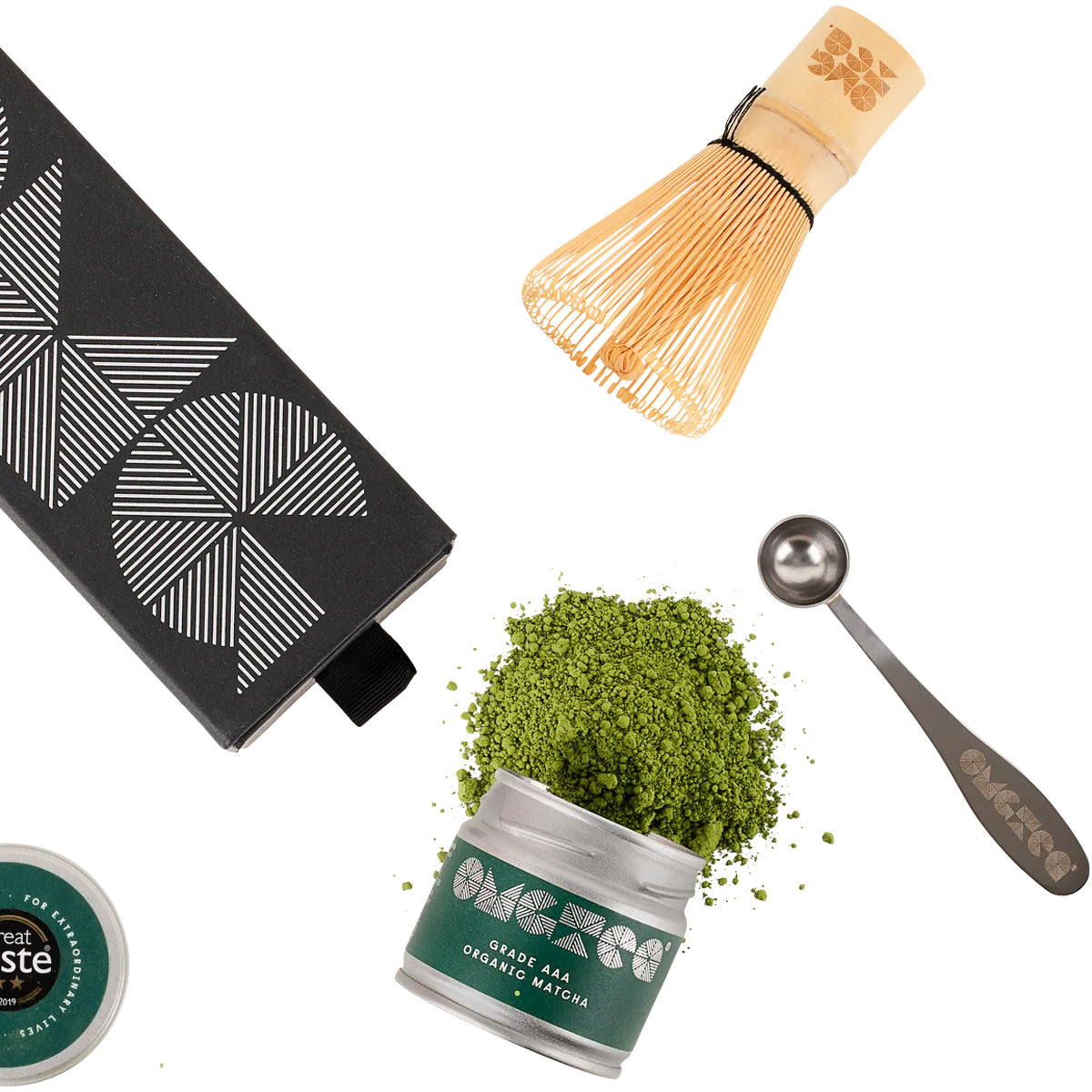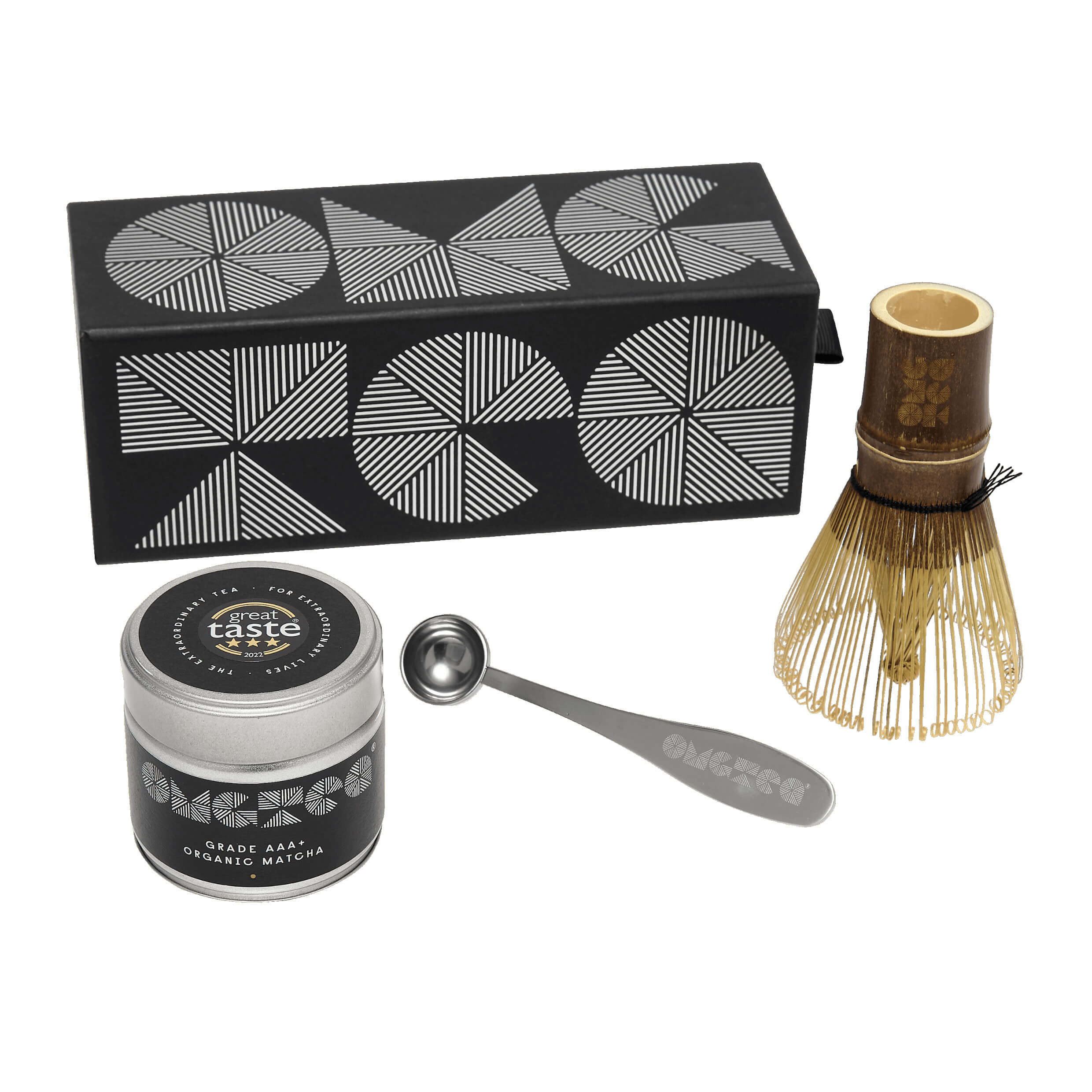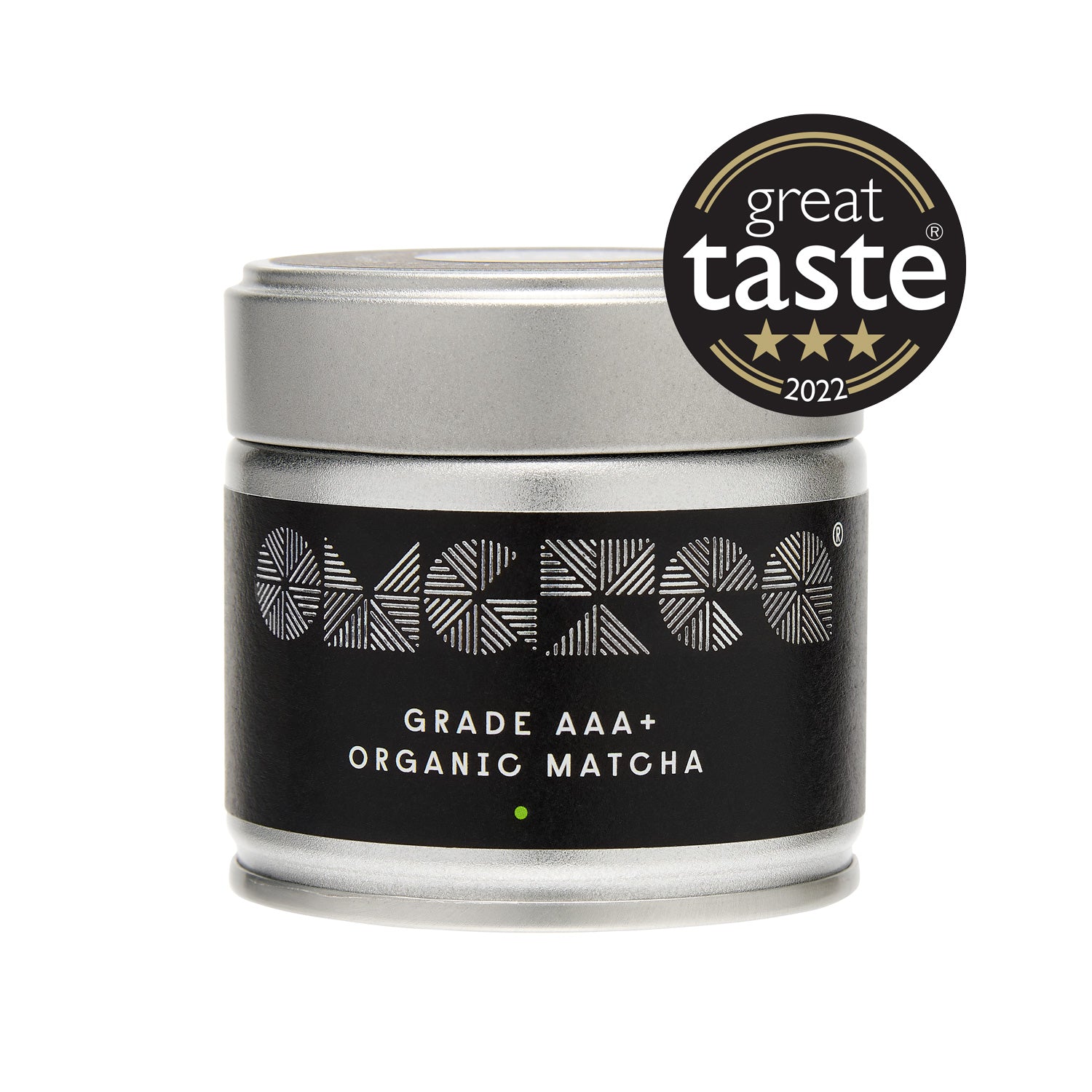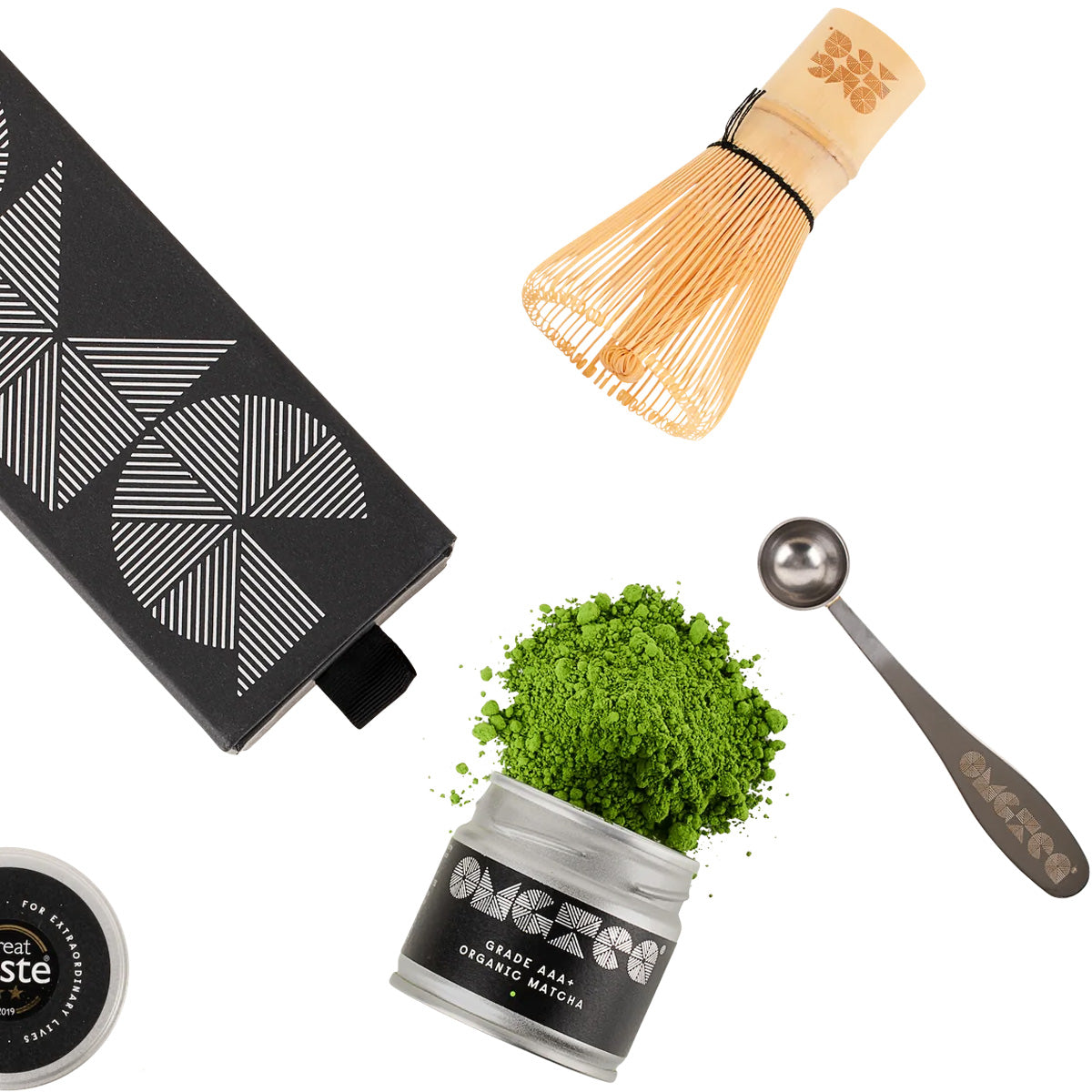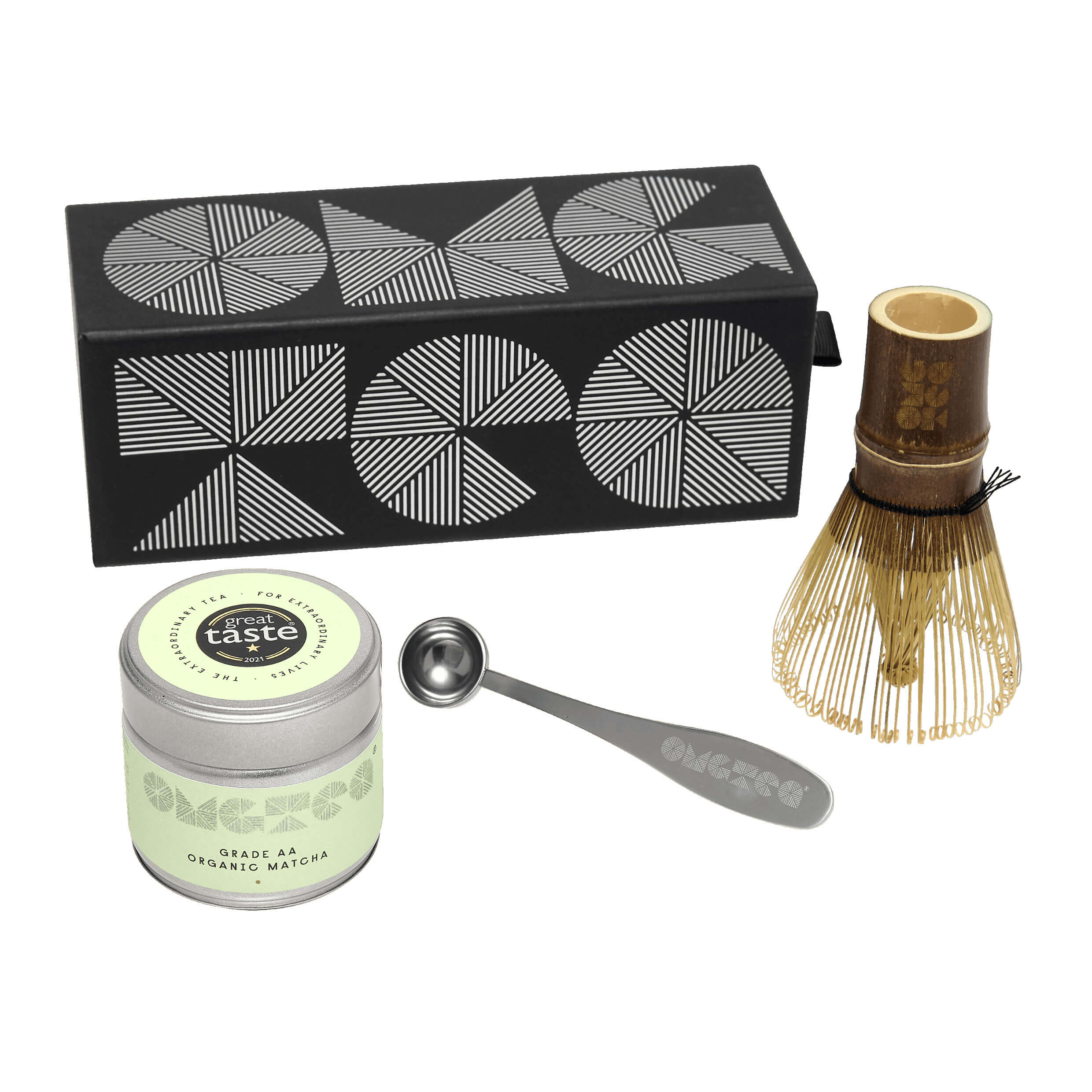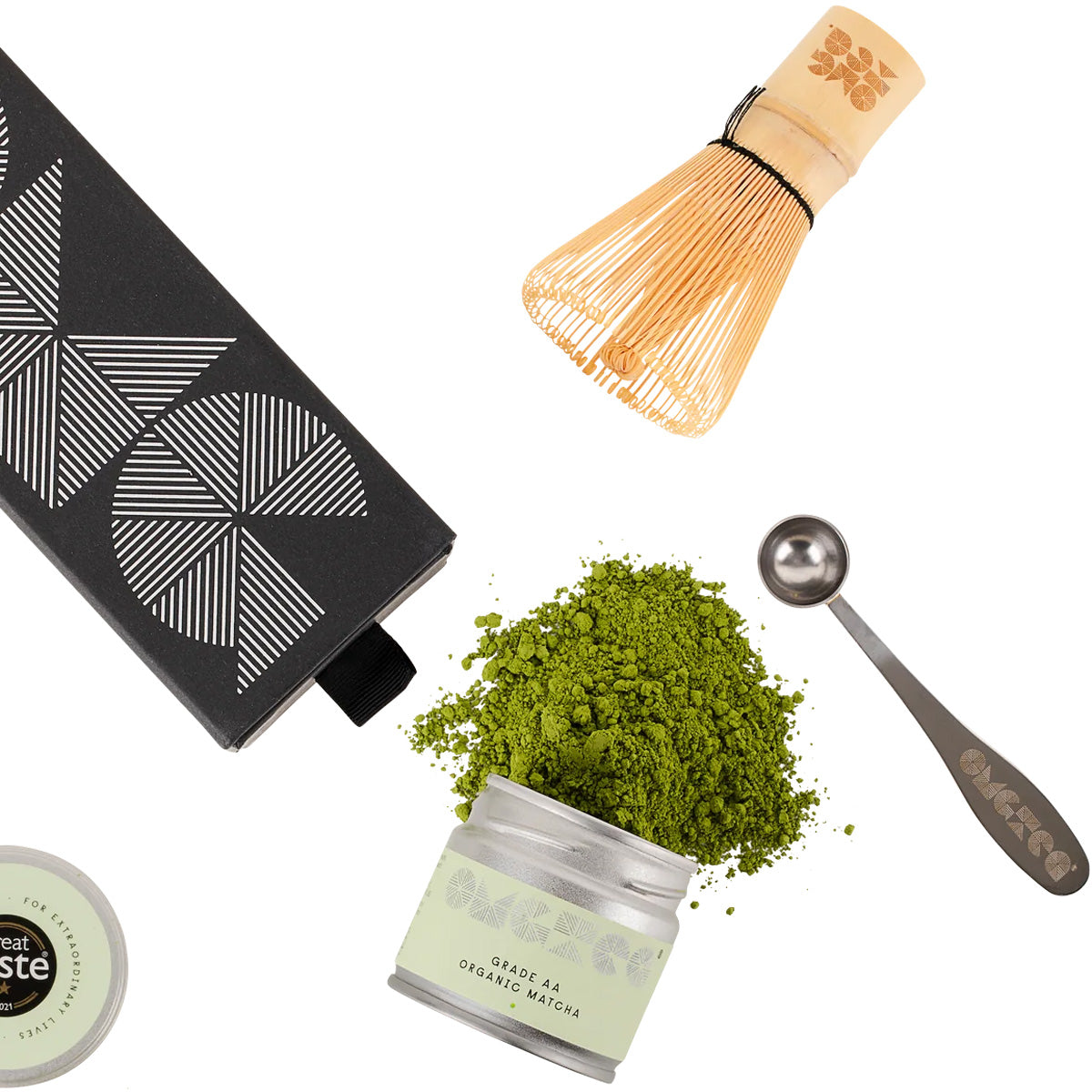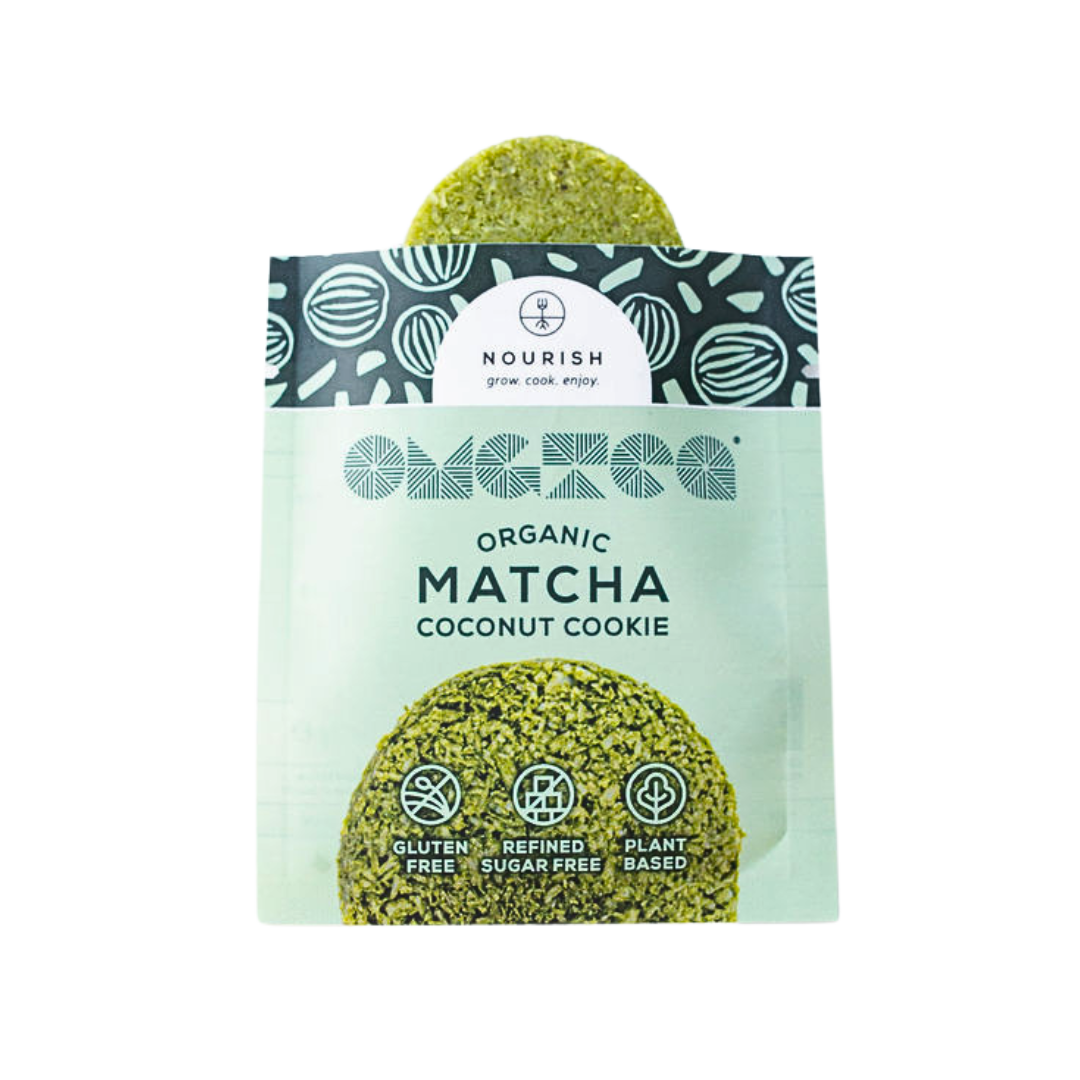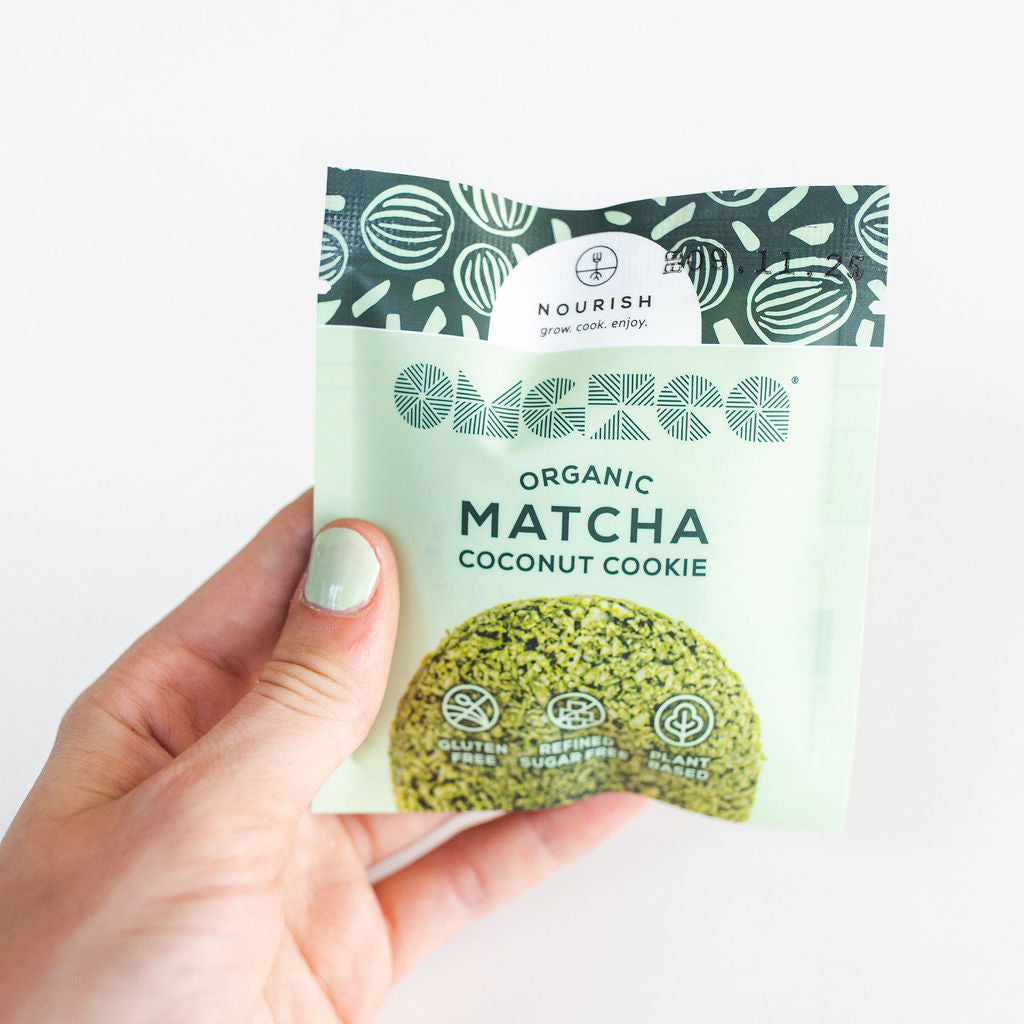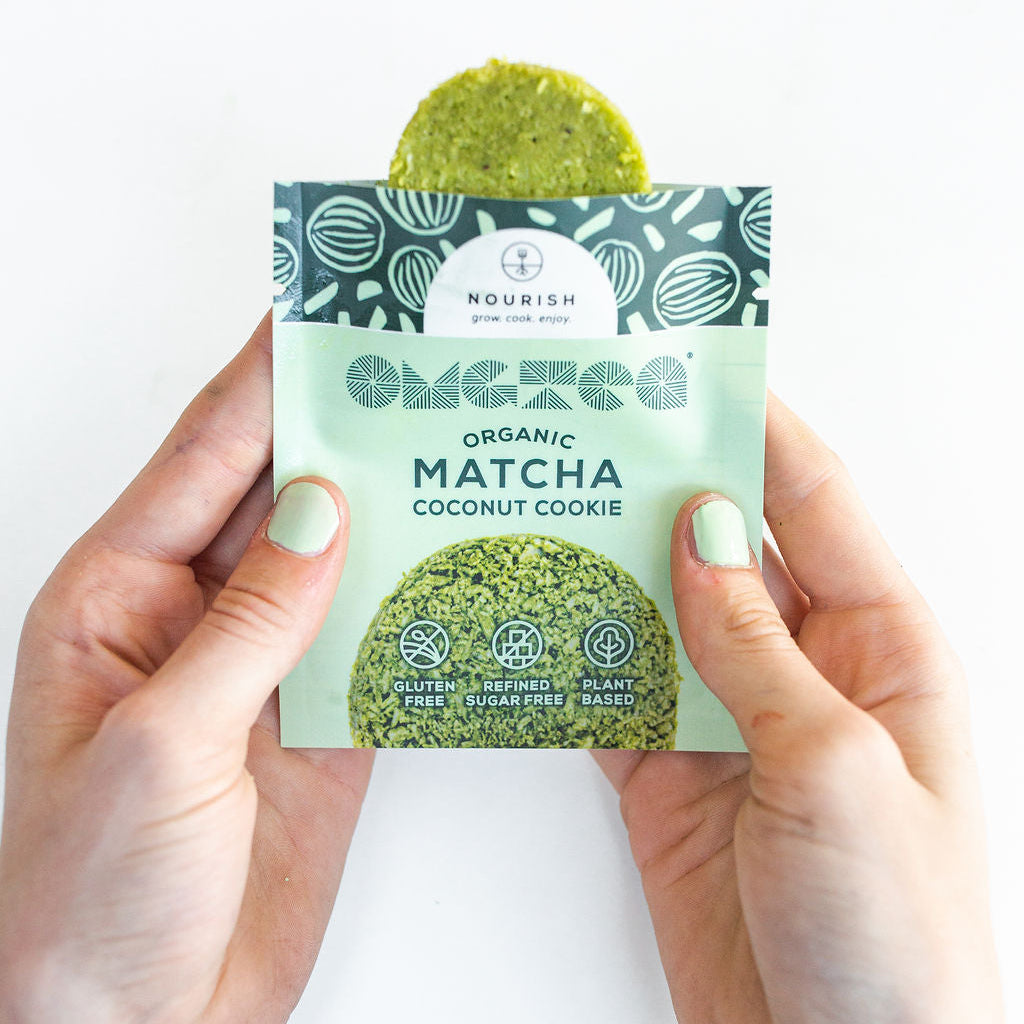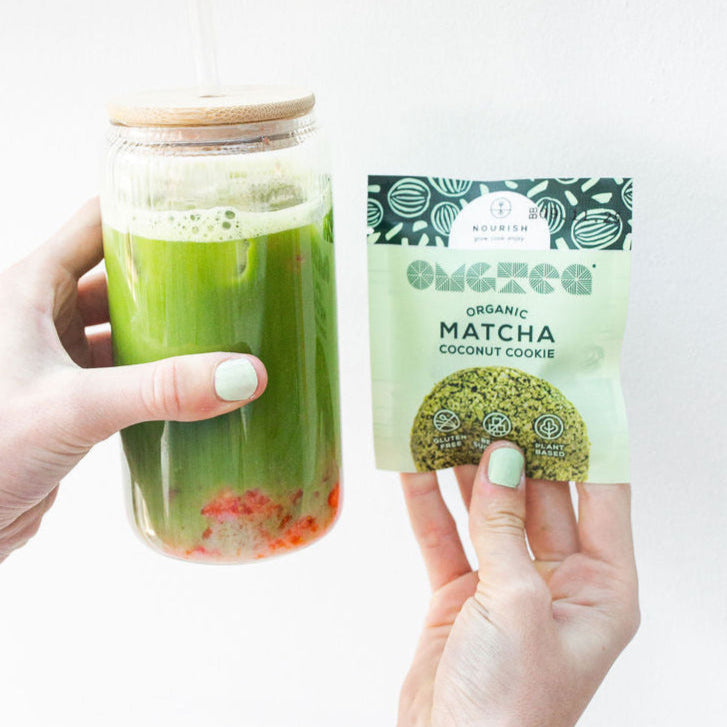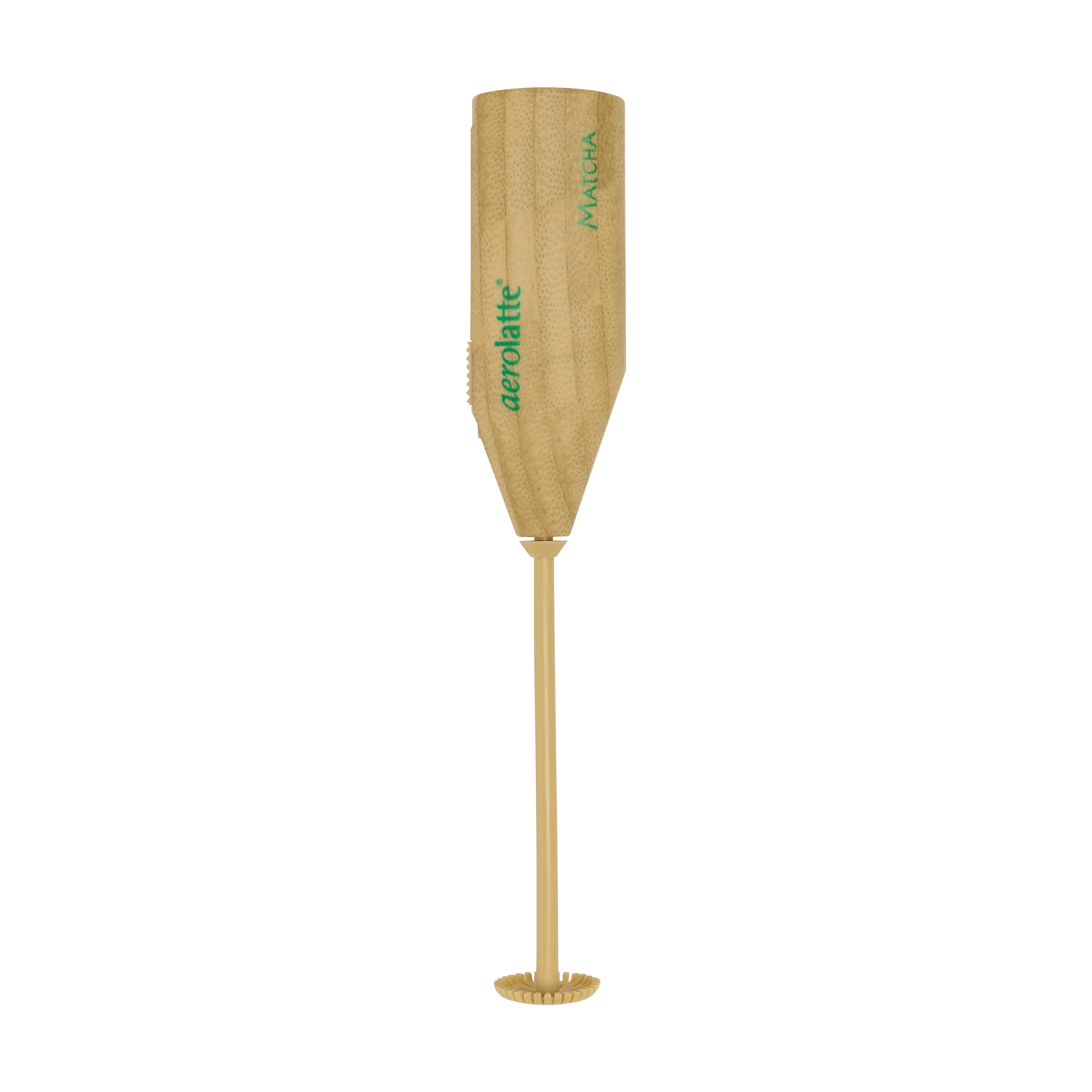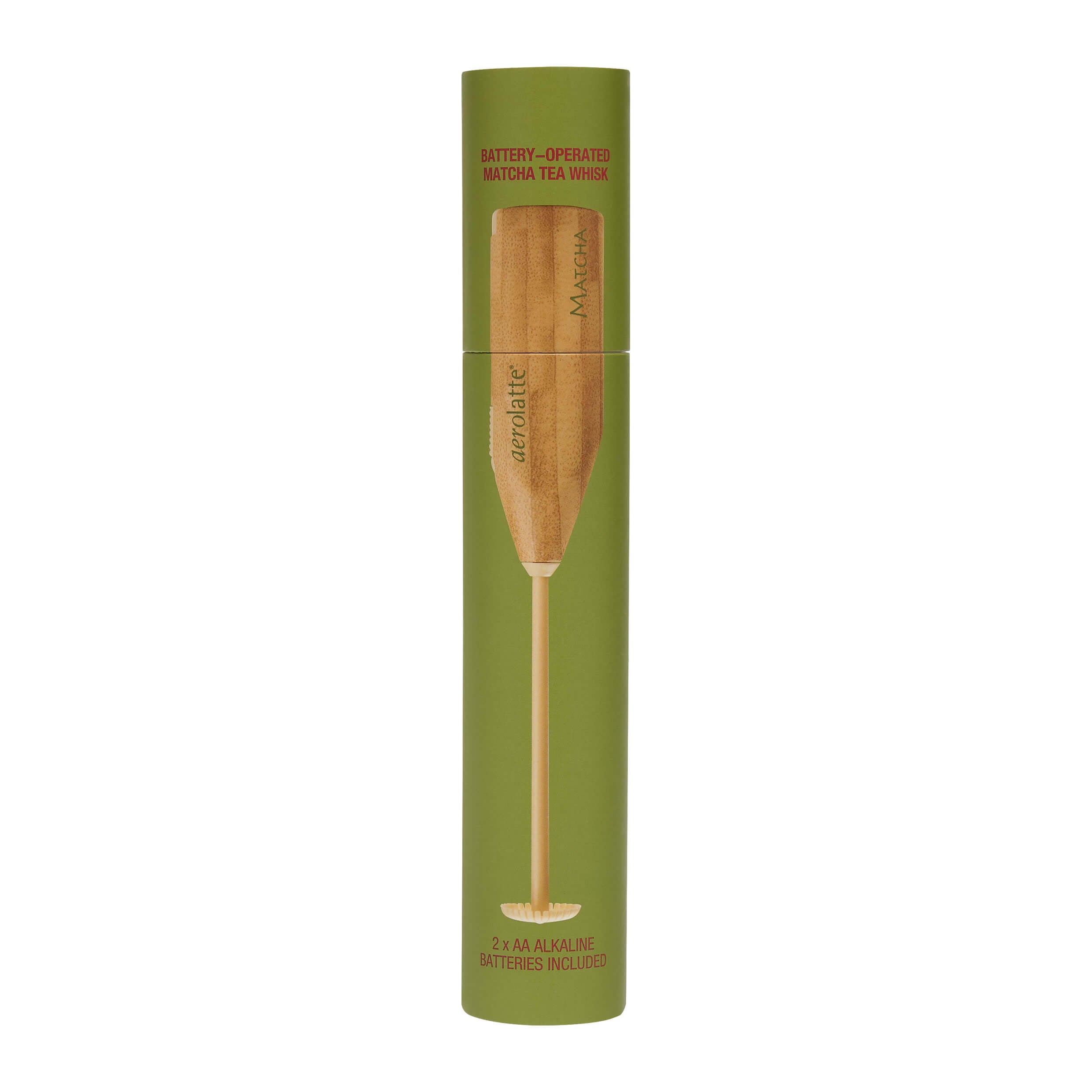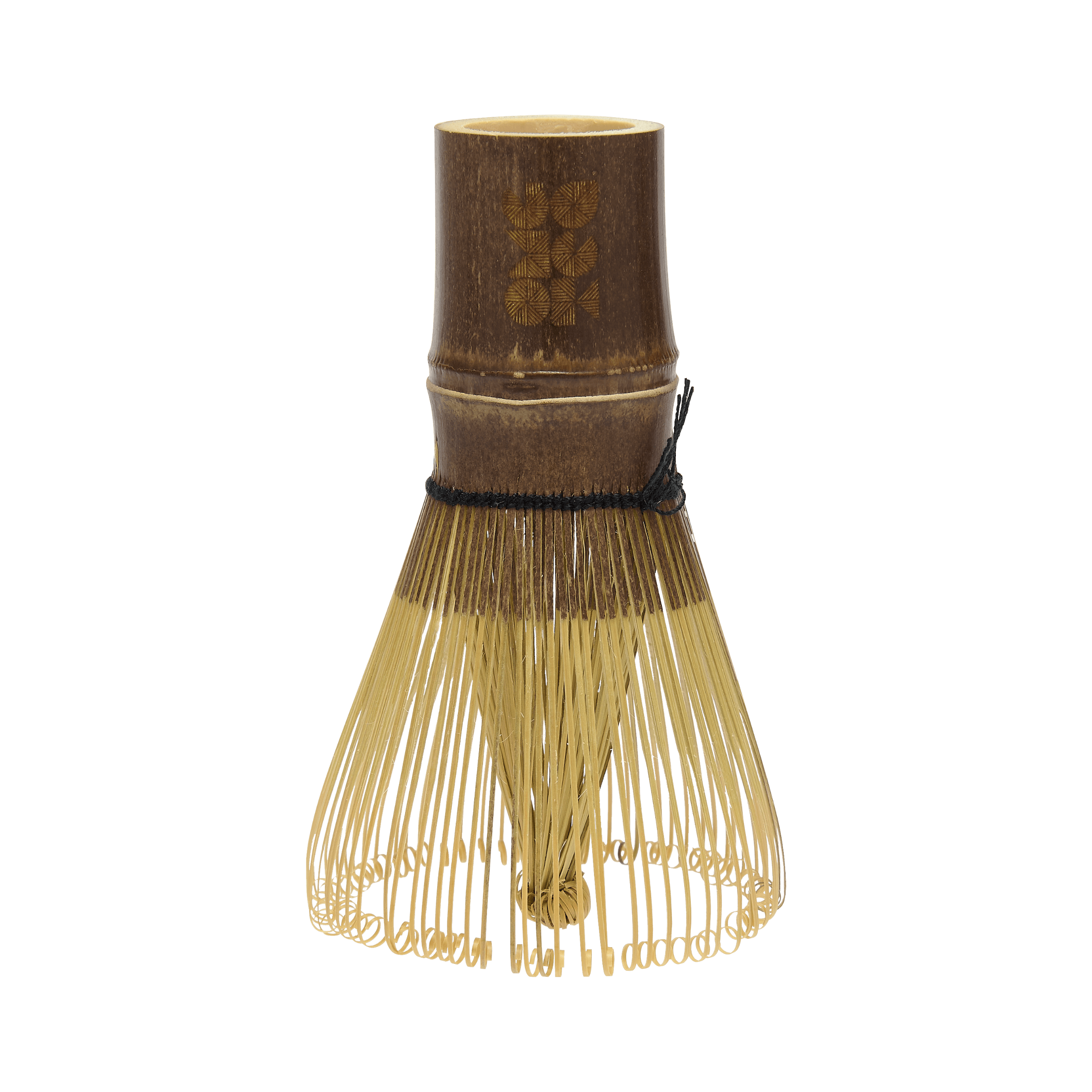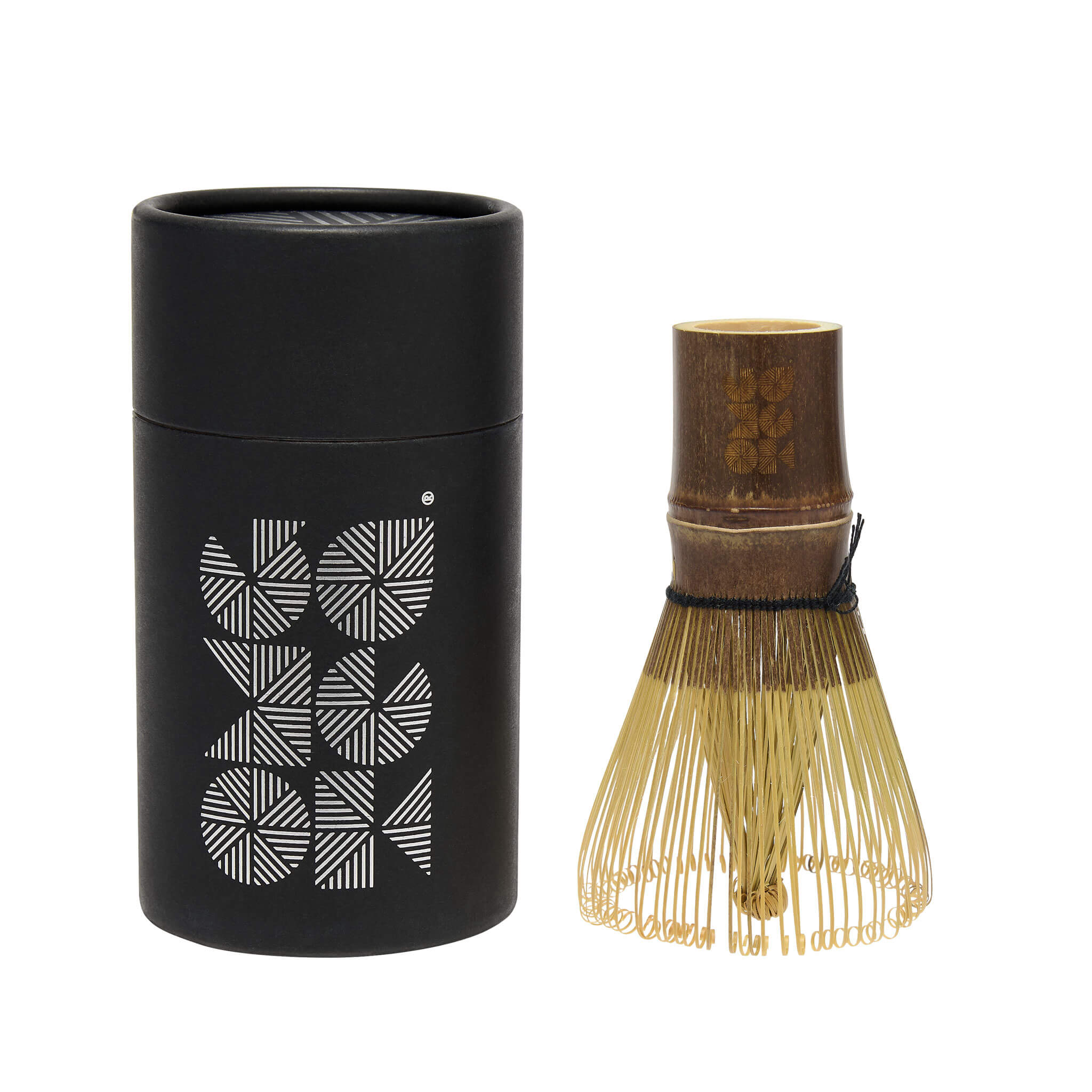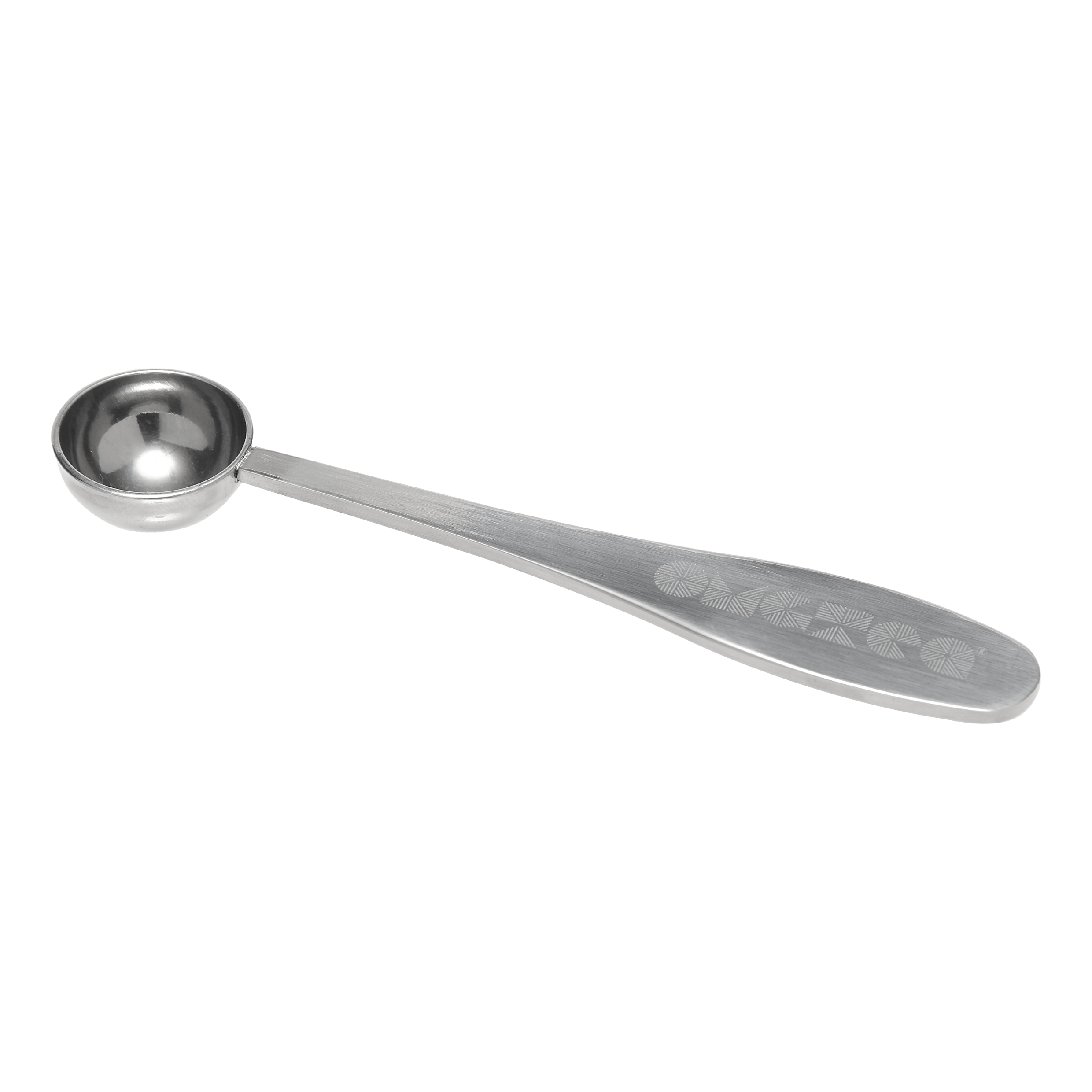
Have you ever seen matcha tea bags on shelf and wondered how they are different to pure matcha powder? There are different matcha blends including green tea and matcha, matcha mint, etc. These may taste nice but if you are consuming matcha to take advantage of the many health benefits it has to offer, tea bags are not your best option.
This blog isn’t meant to disrespect matcha tea bags or those who enjoy them; we simply want to emphasize that consuming matcha from a tea bag is different from consuming matcha tea powder.
If you look at the ingredient list on matcha tea bag products, matcha powder is usually last on the ingredient list meaning that there is less of it than any of the other tea leaves or ingredients. Some products list the actual percentage and where they do, the amount of matcha in these products is usually somewhere between 1-2%. The other thing to consider is that with tea bags, you are only getting an extract of the ingredients so the amount of matcha you will consume will be even less.
Matcha means powdered tea
Translated from Japanese, matcha means “powdered tea” and it has been consumed as a powdered tea for over 800 years in Japan.
Like all tea, matcha is made from the tea plant Camellia sinensis. It is the way that it is cultivated and then processed that makes it unique and so incredibly good for us.
Tea leaves grown for matcha are shaded with bamboo three to four weeks before harvesting at which time, the leaves compensate for the lack of light by producing an intense amount of chlorophyll. Shading the plants also yields an increase in the development of the amino acid L theanine, which gives you that Zen feeling you get when drinking quality matcha.
When the plants are ready for harvest, the leaves are hand-picked from the top third of the plant where the highest concentration of nutrients is found. They are washed, de-stemmed and de-veined, and for quality matcha, they are then ground into a fine powder using a granite stone mill.
Read more about how OMGTea is cultivated.
Crucially, with matcha powder, you are consuming the whole leaf so you are benefiting from 100% of the nutrients whereas with a tea bag, you will throw away approximately 97% of the nutrients found in the 2% of matcha it contains.
Matcha tea powder is good value
Price, of course, is something else to consider. With our 30g/30 serving tins of organic matcha tea starting at £17.95, it may seem that a £4.75 box of 20 tea bags is pretty good value. But is it?
100% pure matcha tea provides the full benefits and flavour of matcha whereas a teabag with matcha contains a much lower concentration of matcha, usually blended with other teas or ingredients, offering fewer nutrients and health benefits and a less intense matcha flavour.
Matcha powder is a versatile ingredient
Another benefit of matcha powder is that it is versatile and can be used in various culinary applications, such as in smoothies, lattes, desserts, and even savoury dishes. It’s worth noting however, that some of these applications are better for delivering more nutrients than others. For example, matcha baked goods that have been baked at a high temperature will not provide the same health benefit as drinking your matcha straight as a tea using hot (not boiling) water.
At OMGTea, we love all things matcha. We like to experiment with new recipes, we enjoy the taste and colour matcha brings to different applications and think there are multiple ways to enjoy this extraordinary tea.
Read our OMGTea matcha recipes.
Matcha tea bags may provide convenience, but you really can’t compare them to pure matcha powder. Quality matcha powder is superior in terms of flavour and nutritional content and if you want to experience the full benefit of this extraordinary tea, investing in high-quality matcha powder is a better choice.
